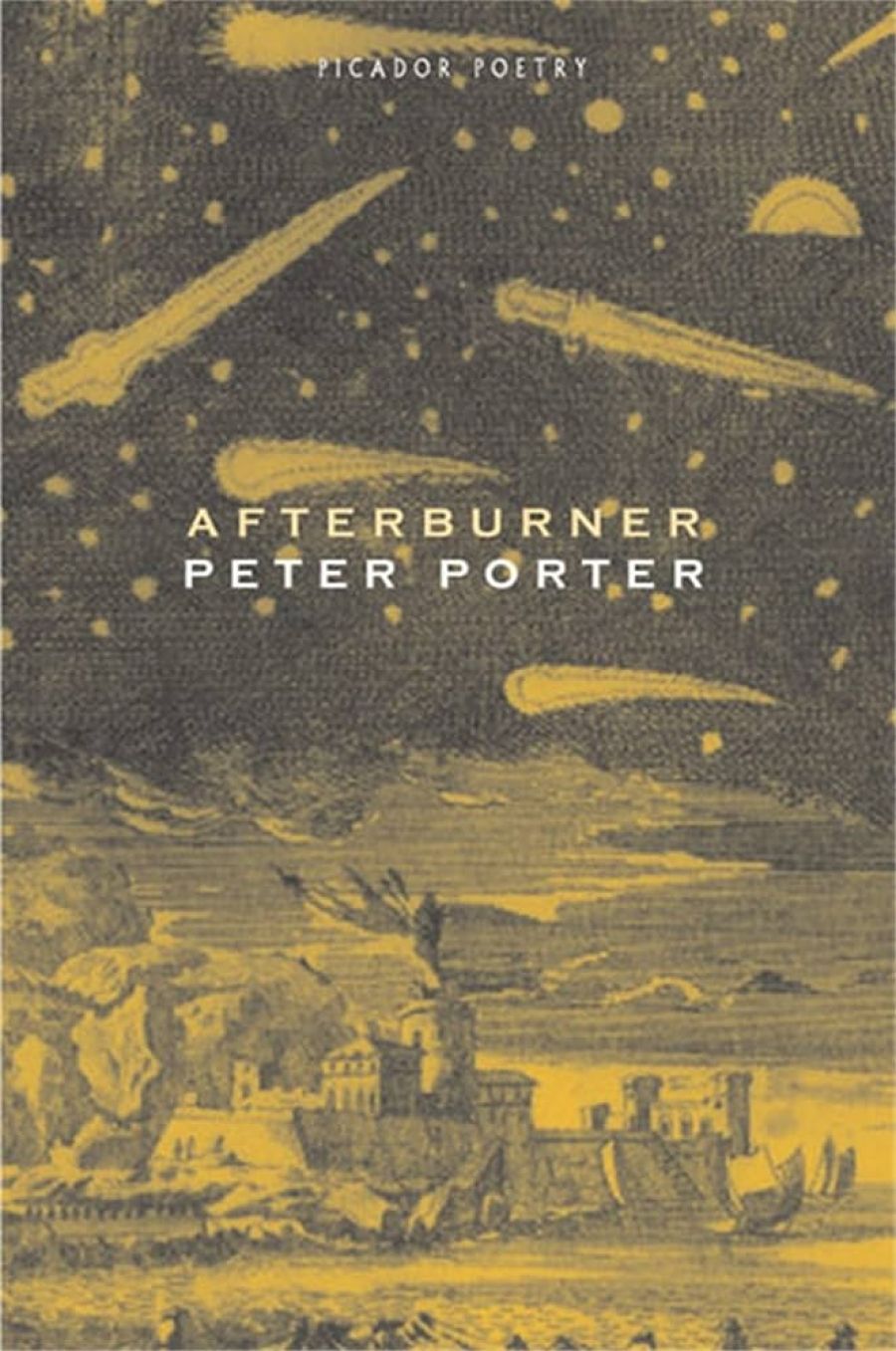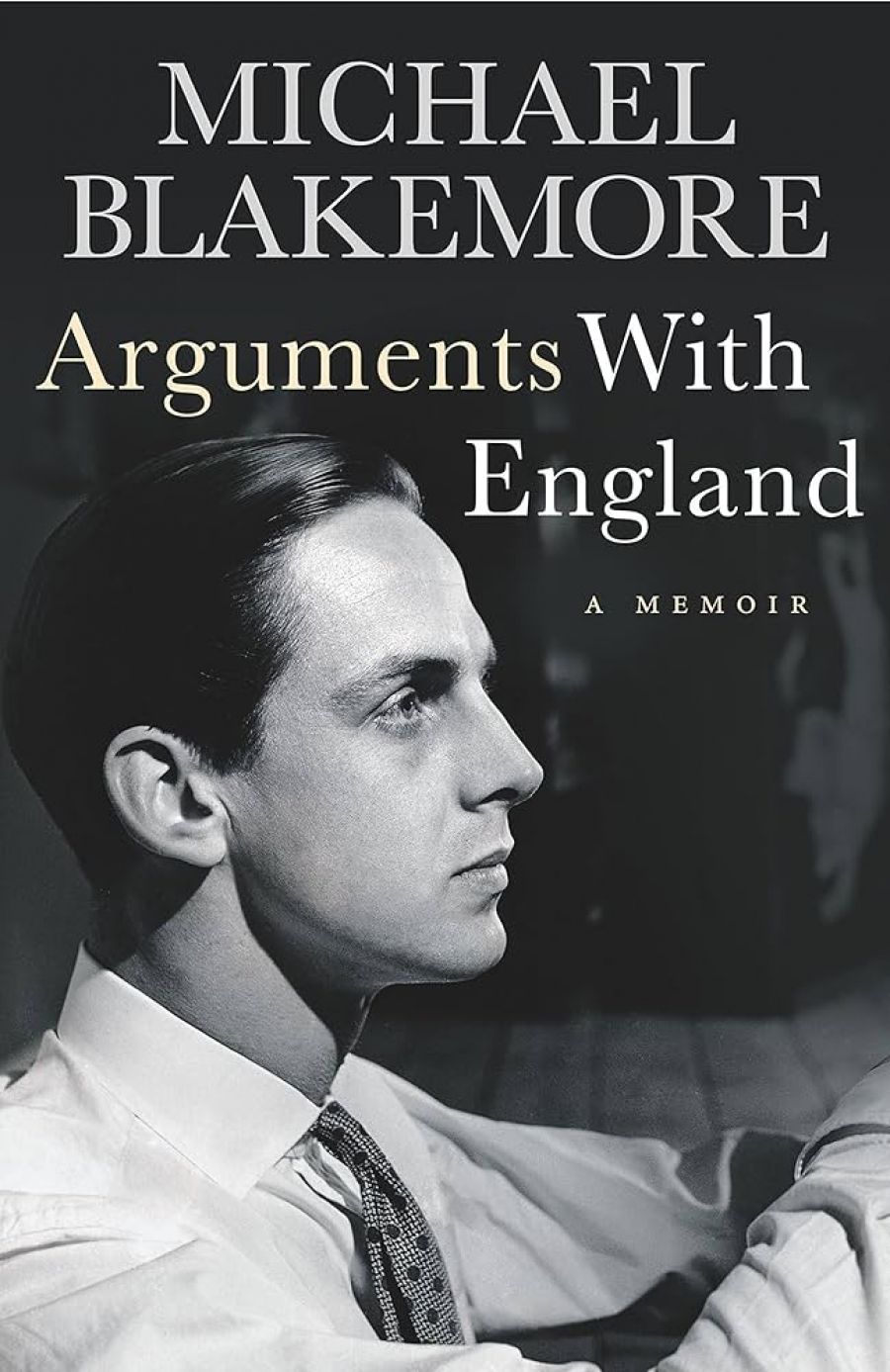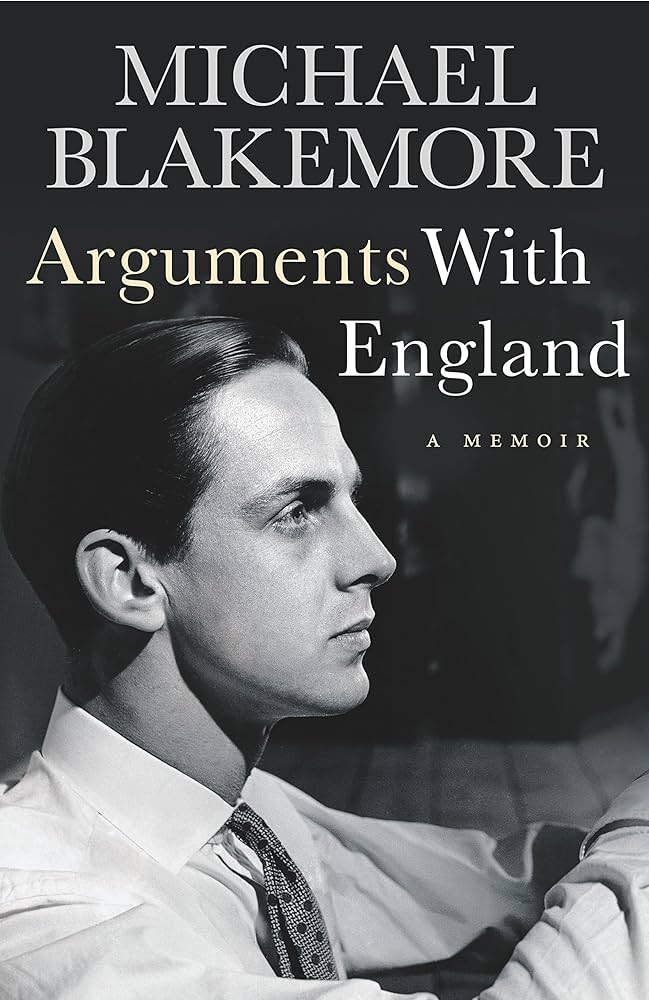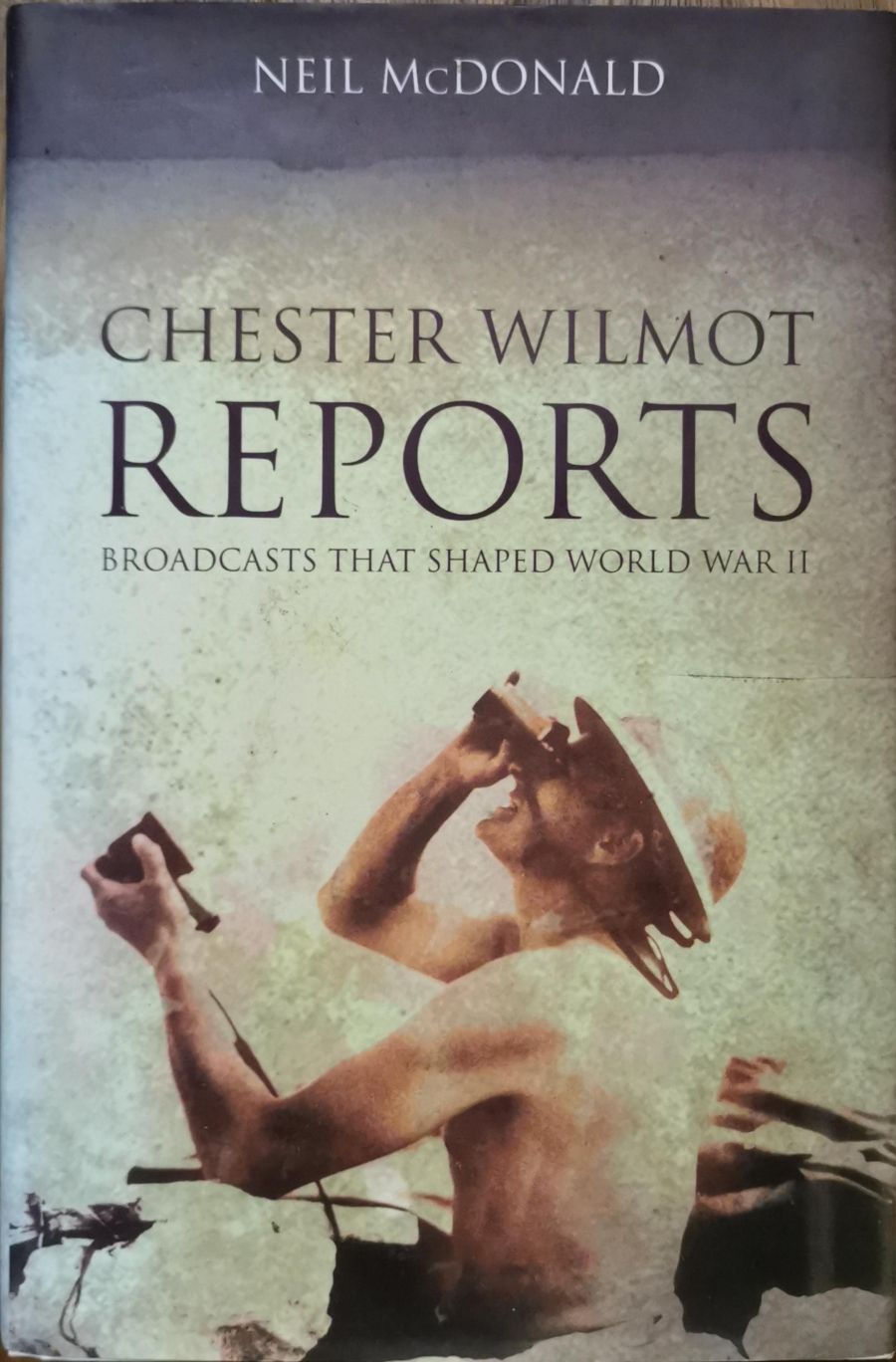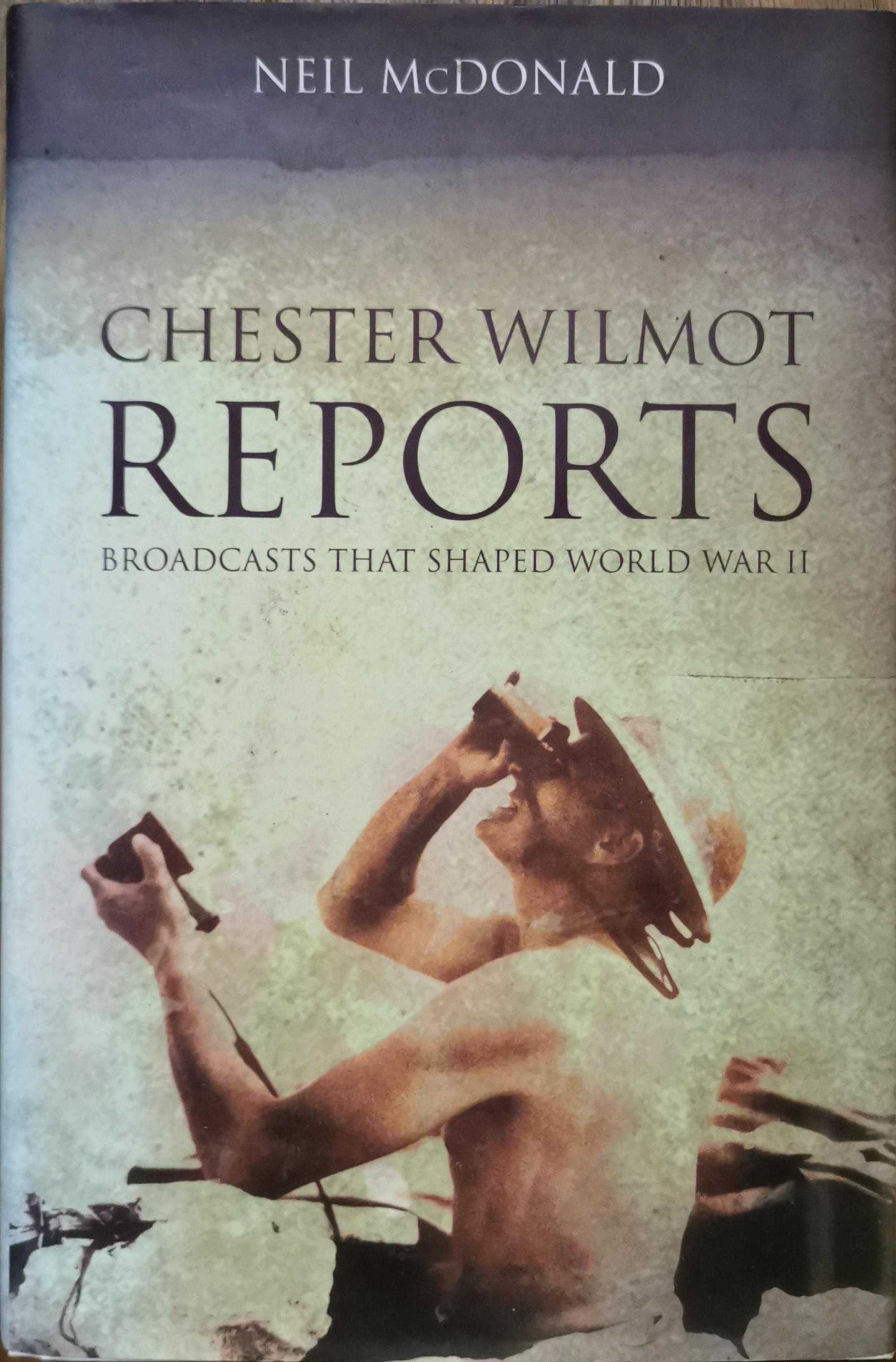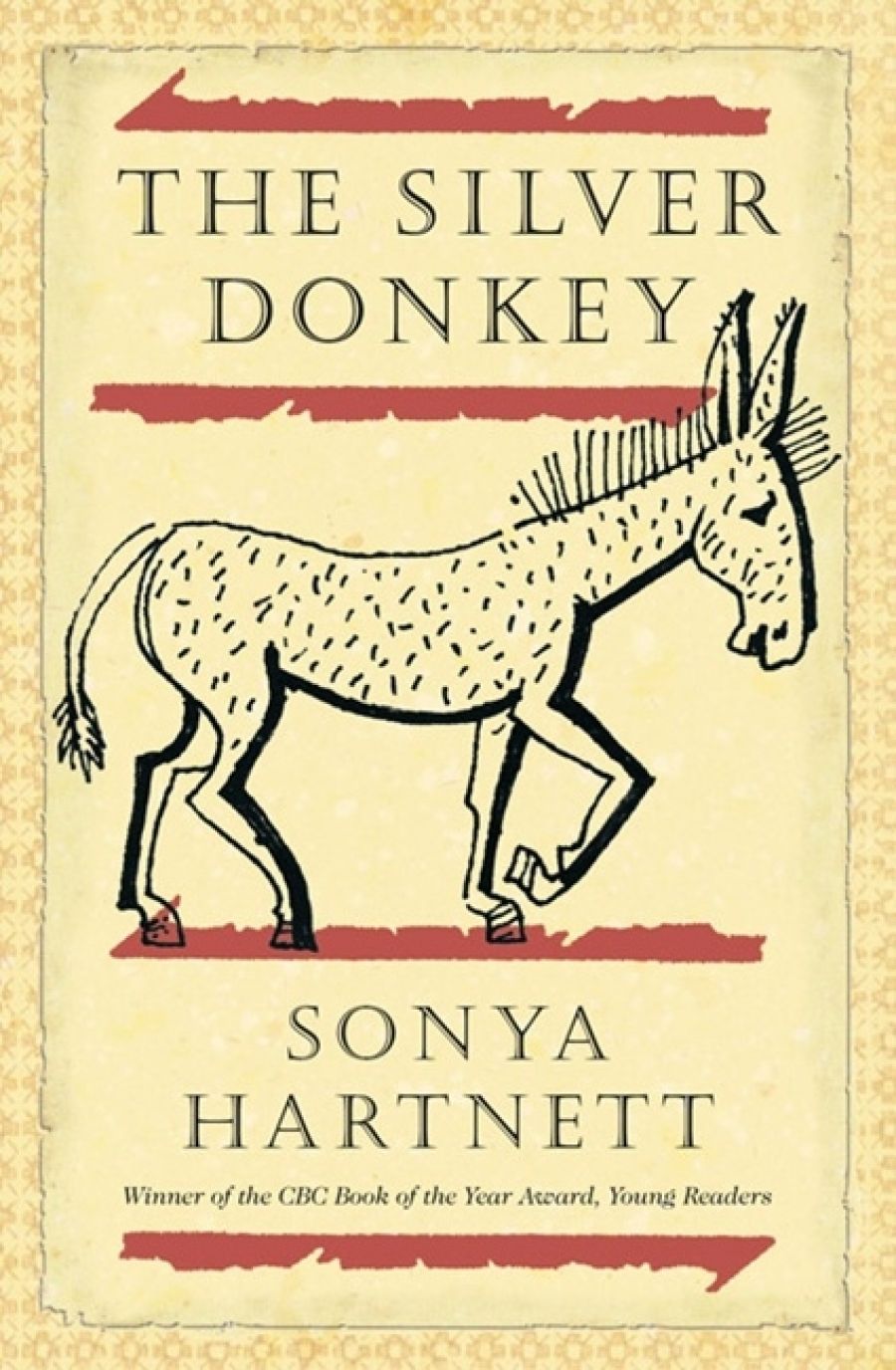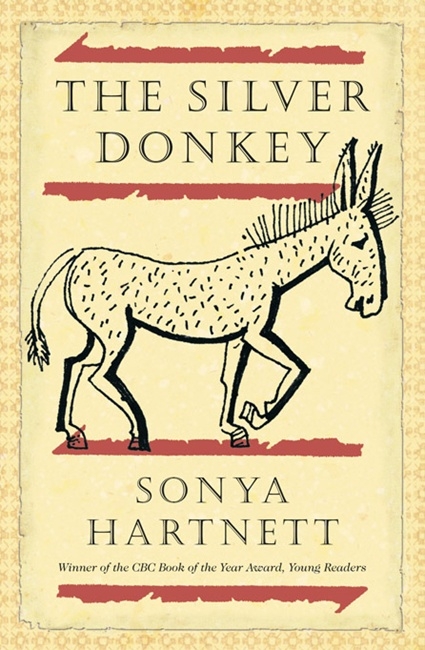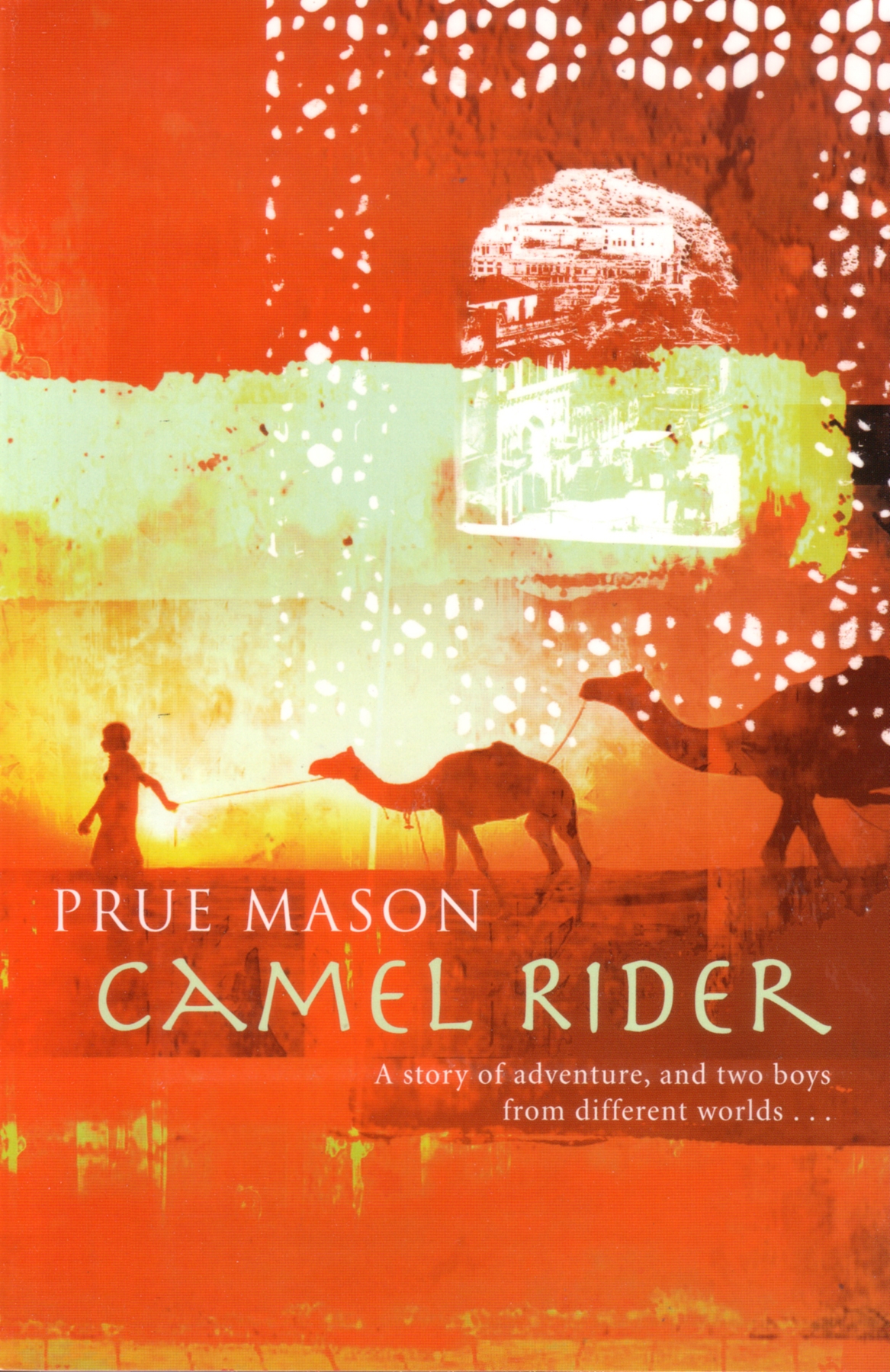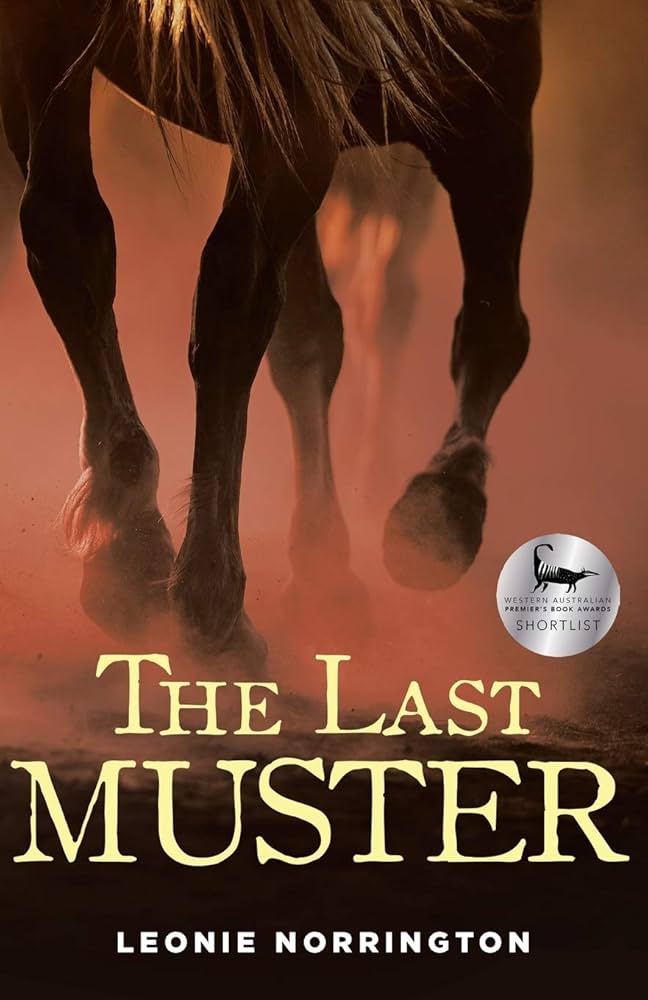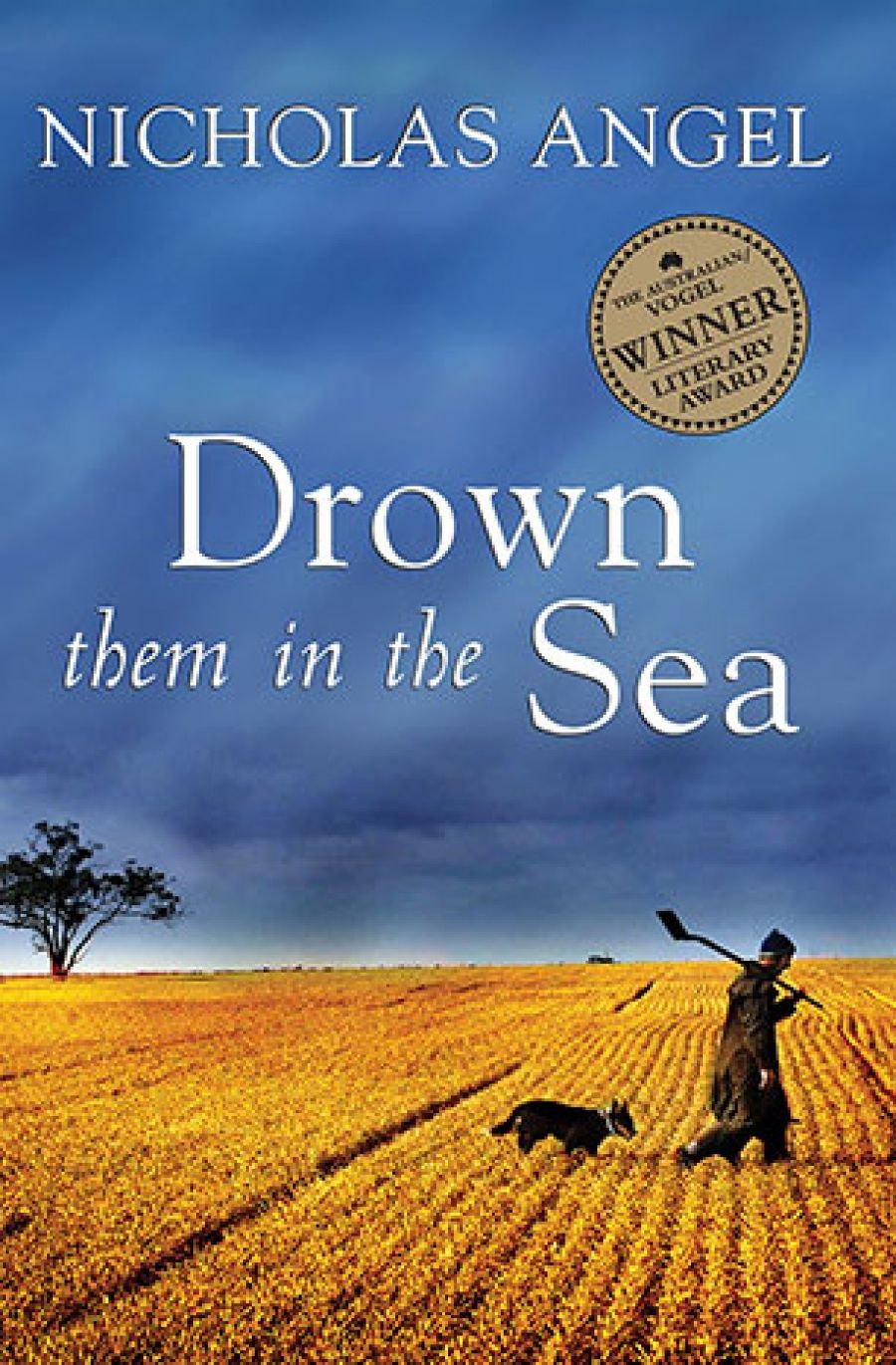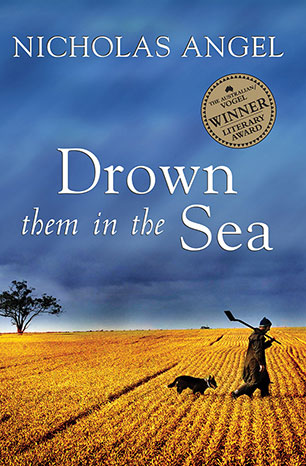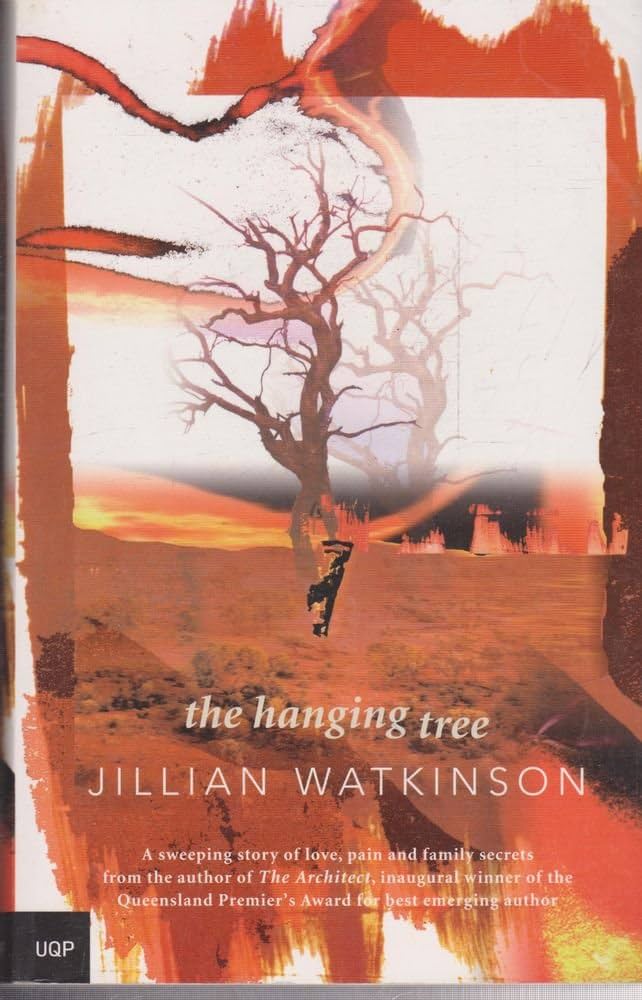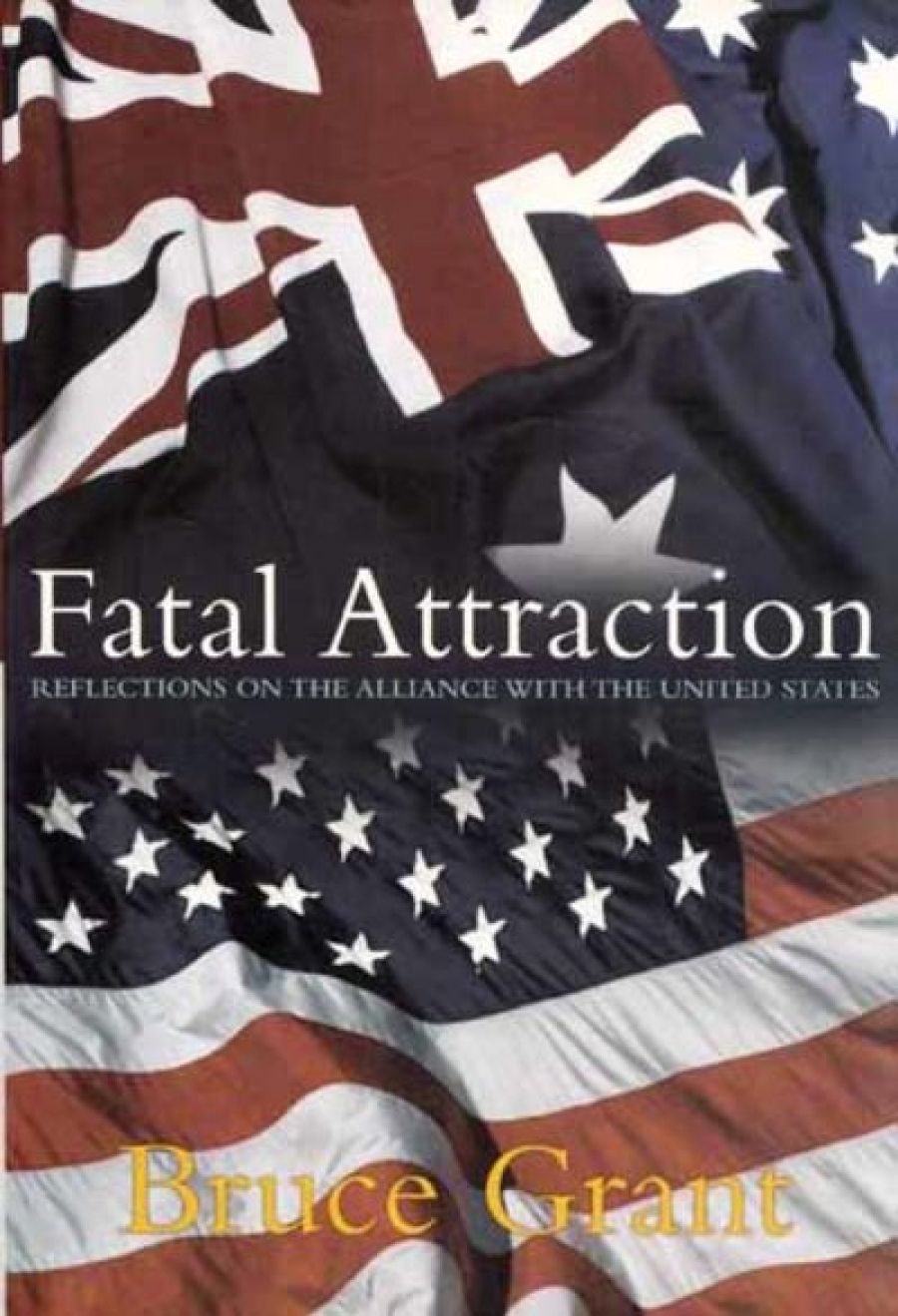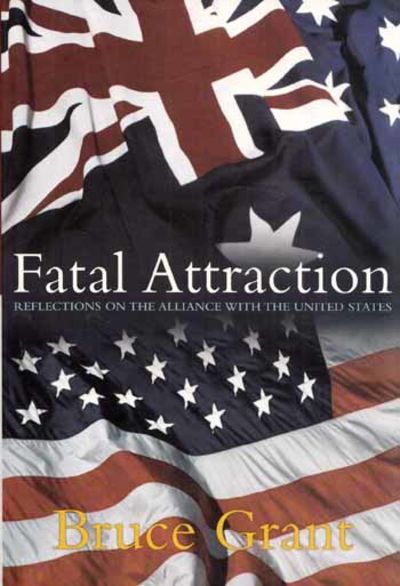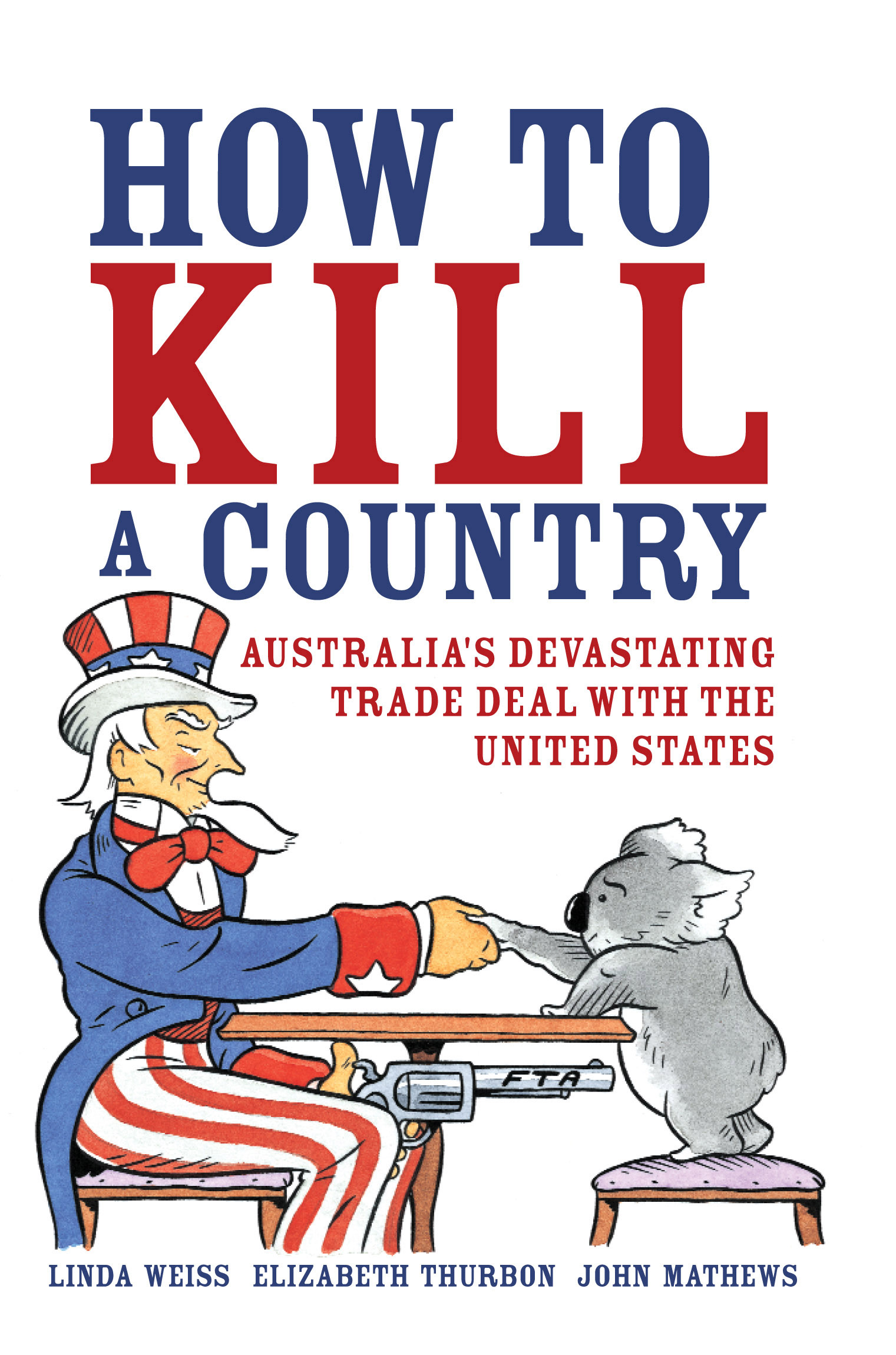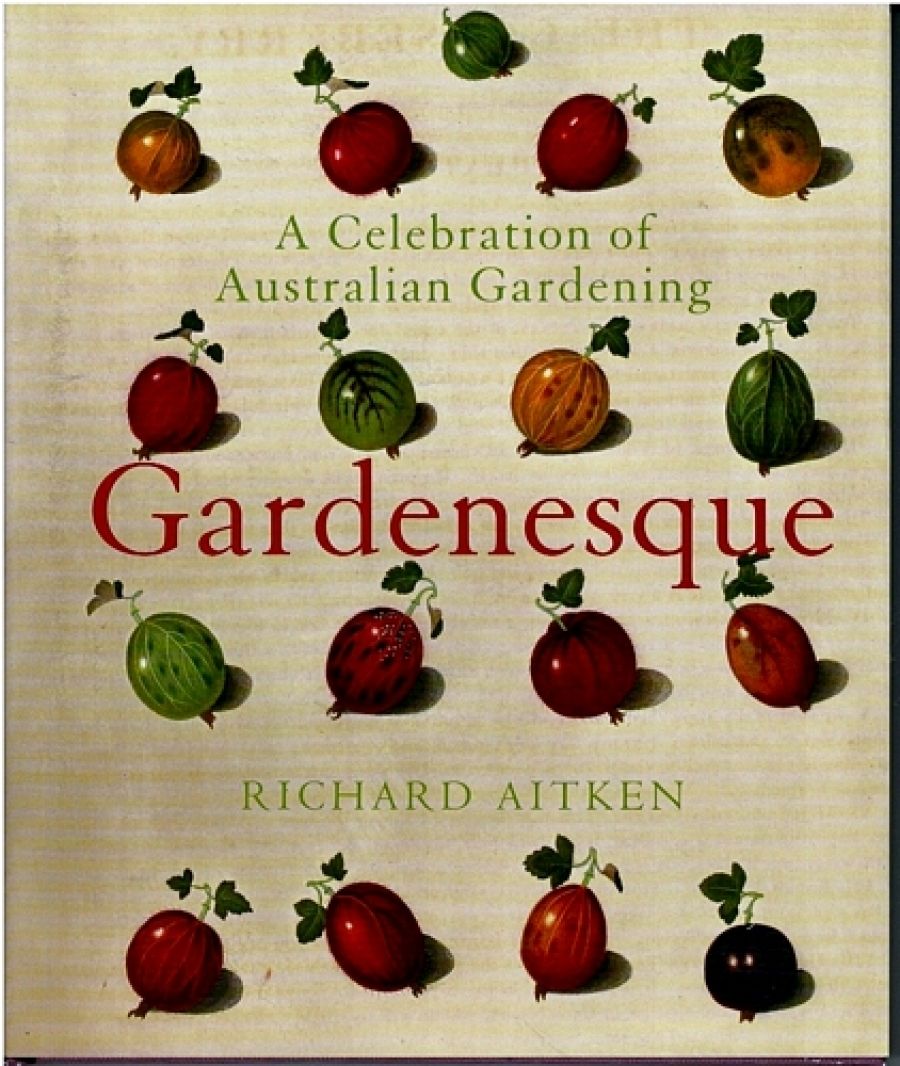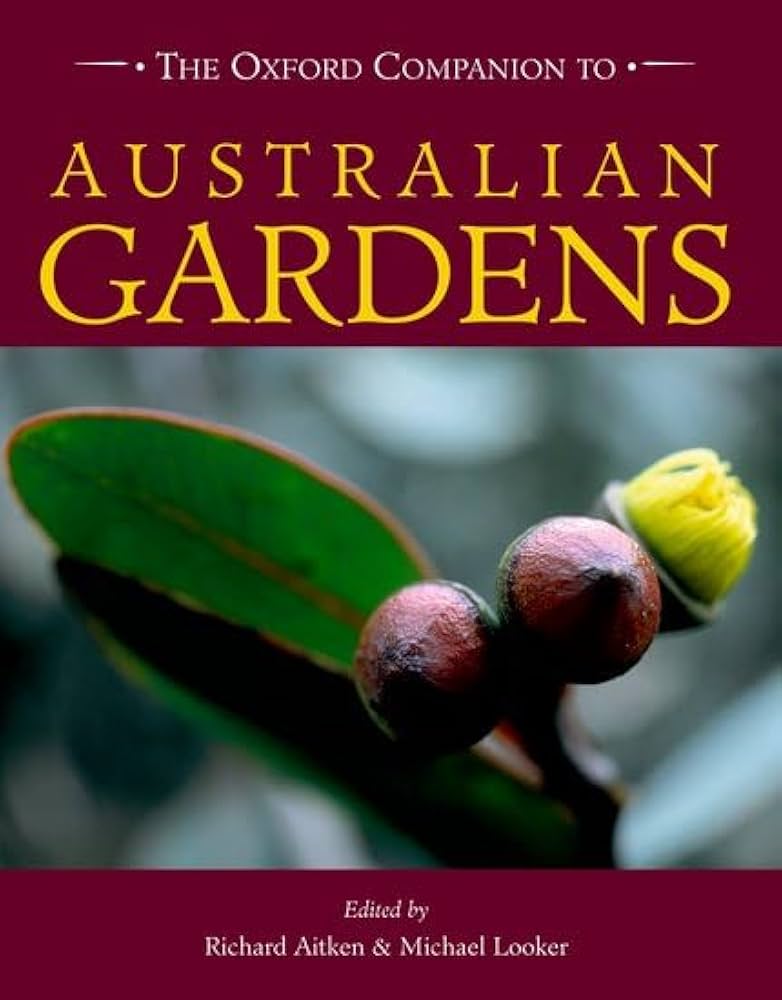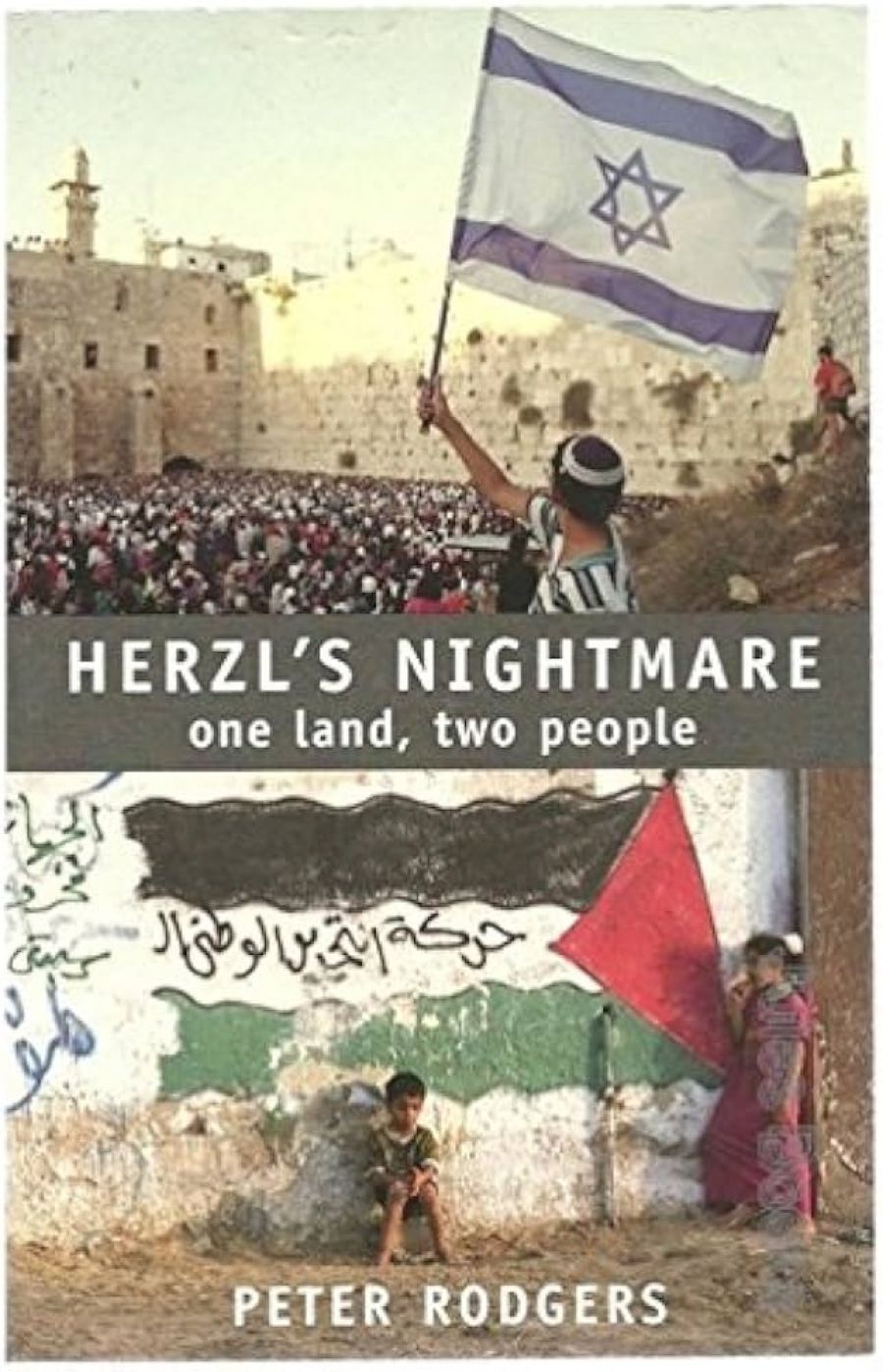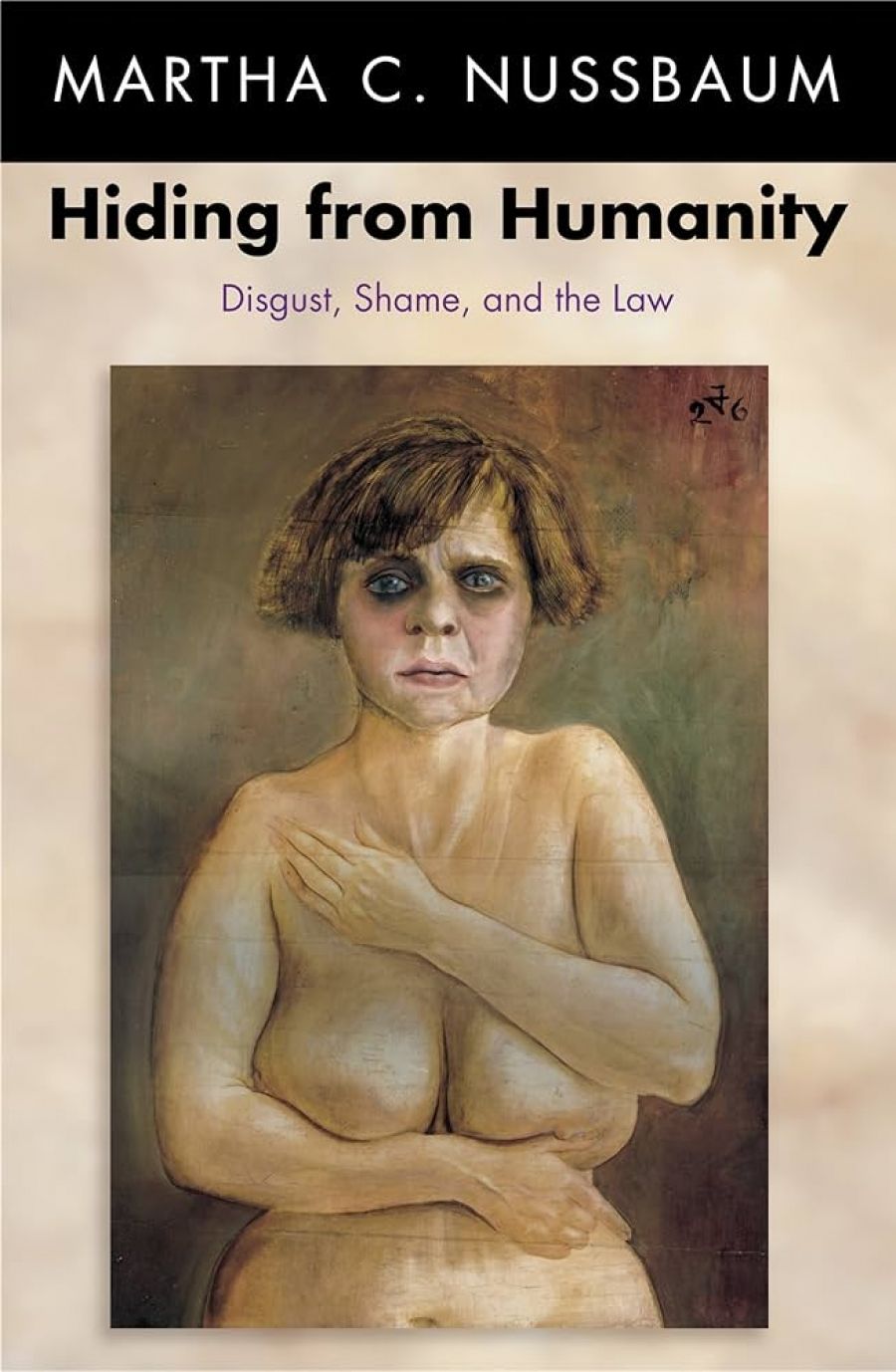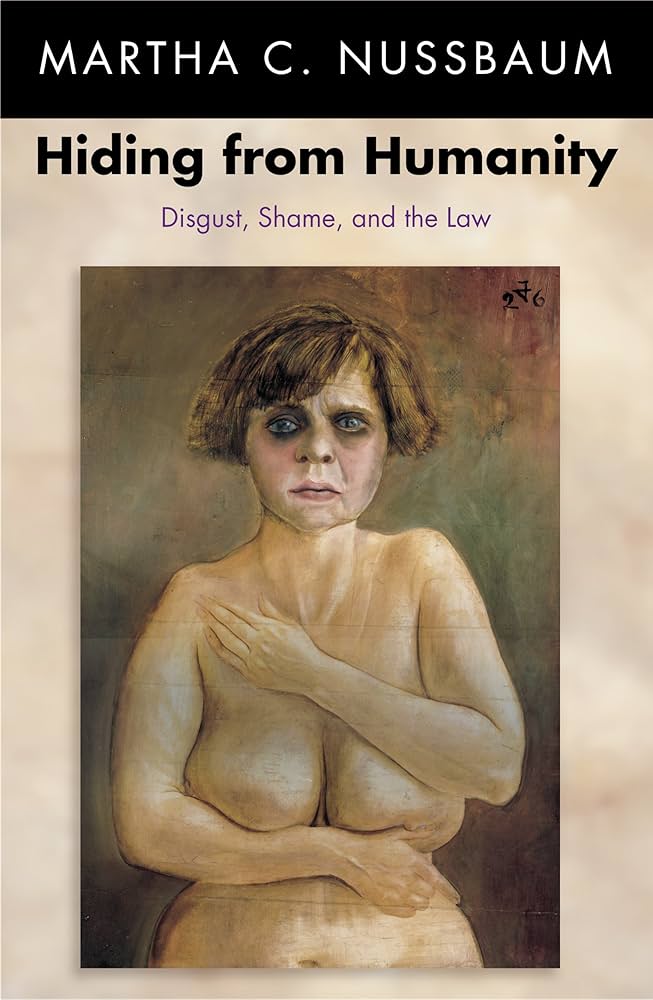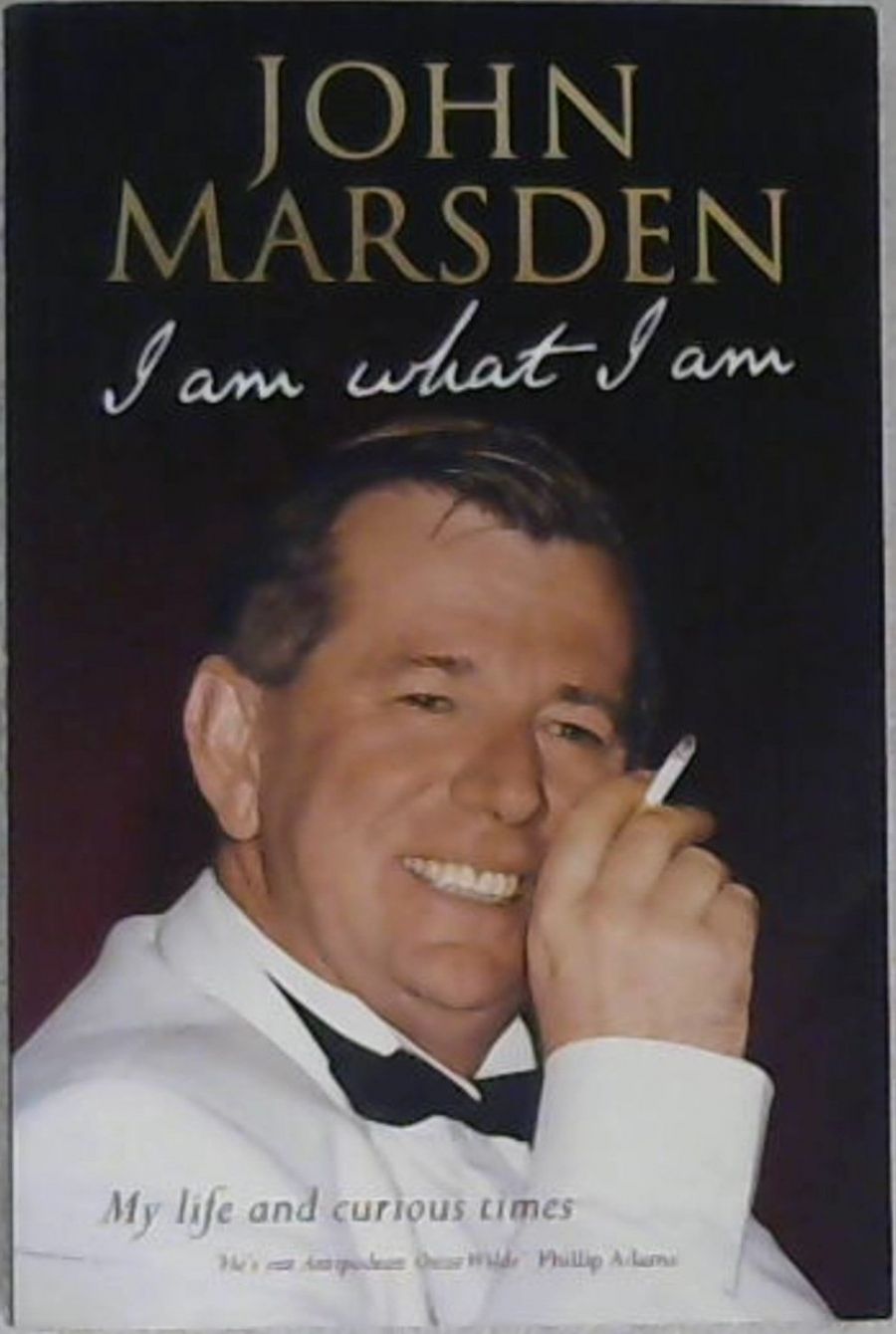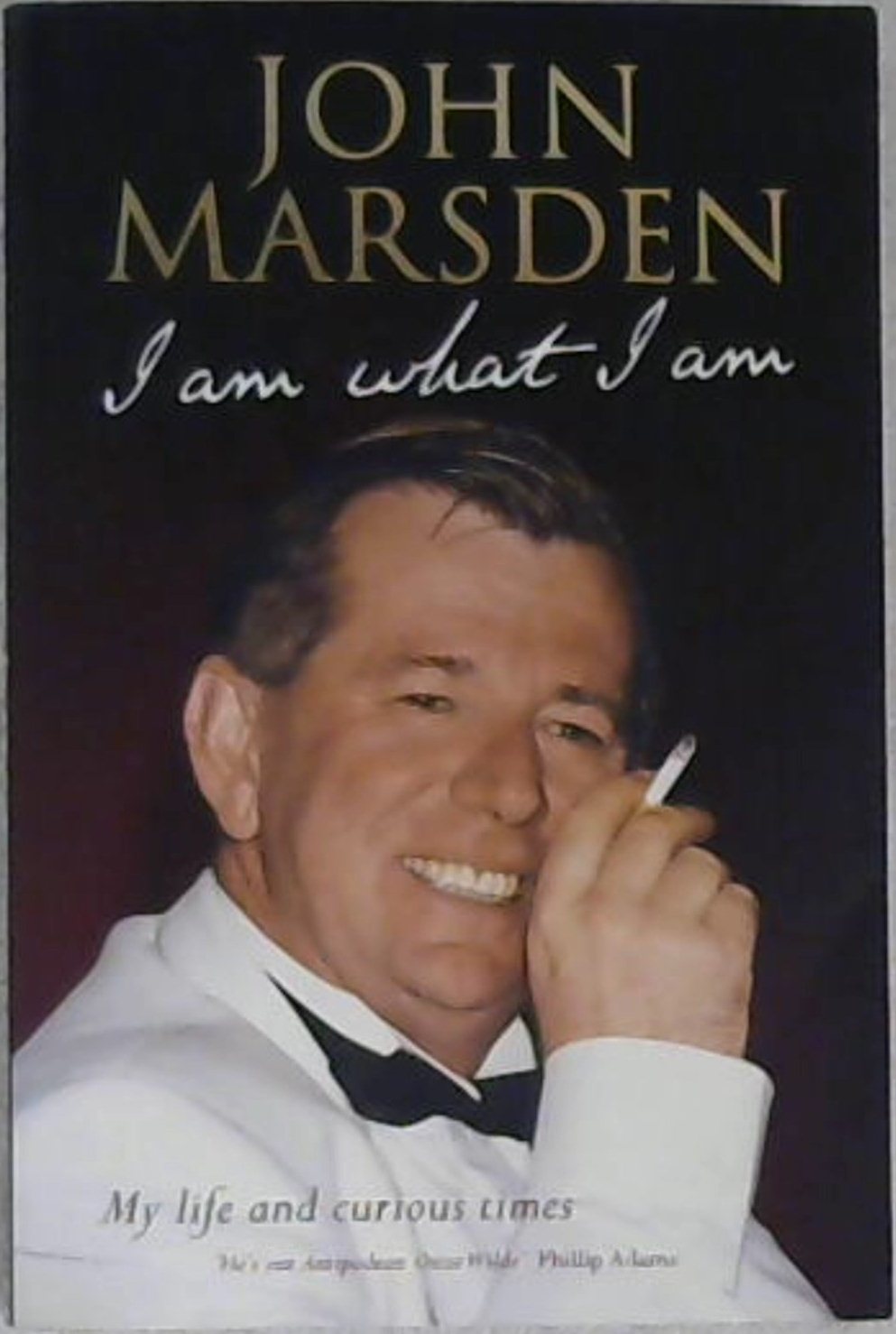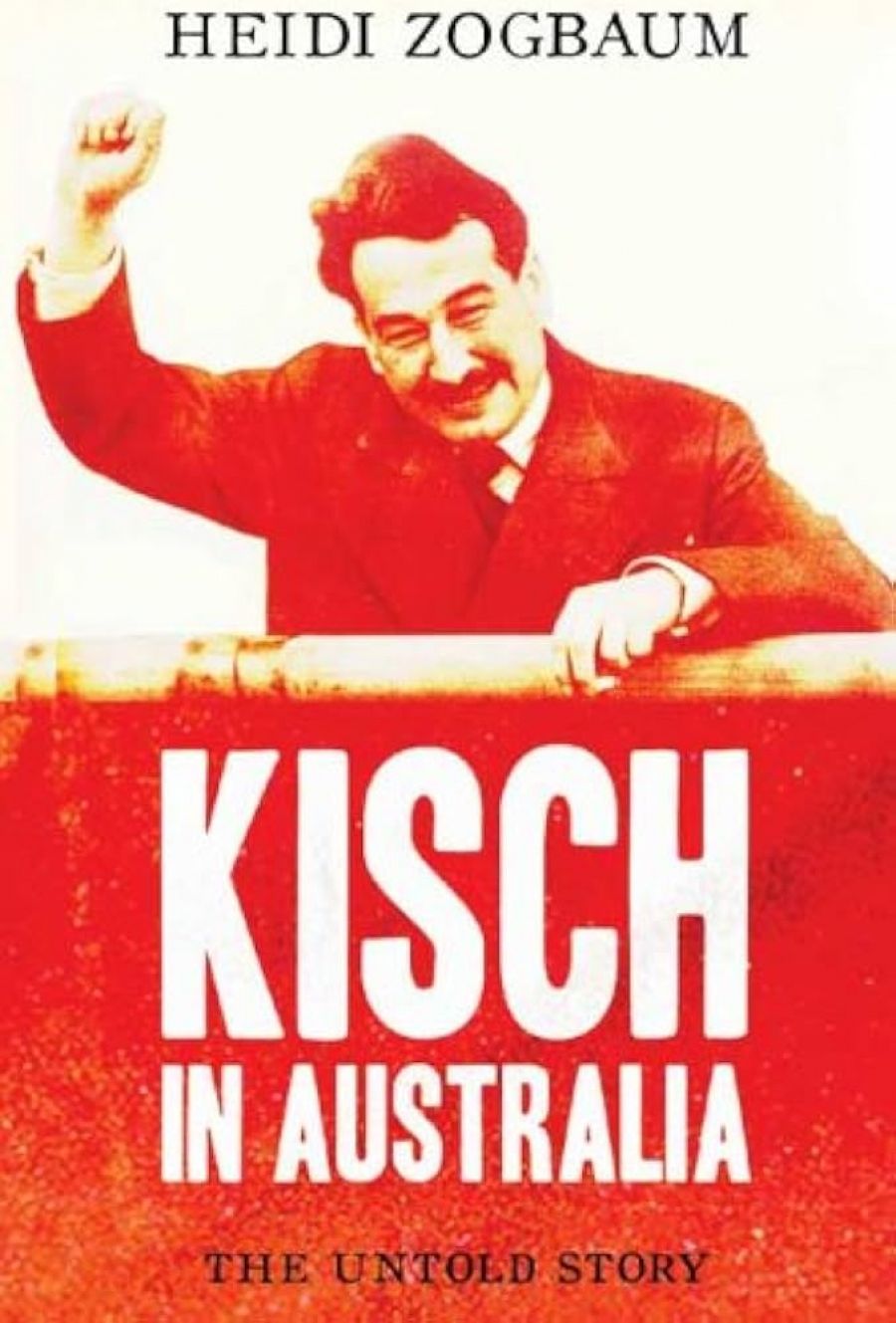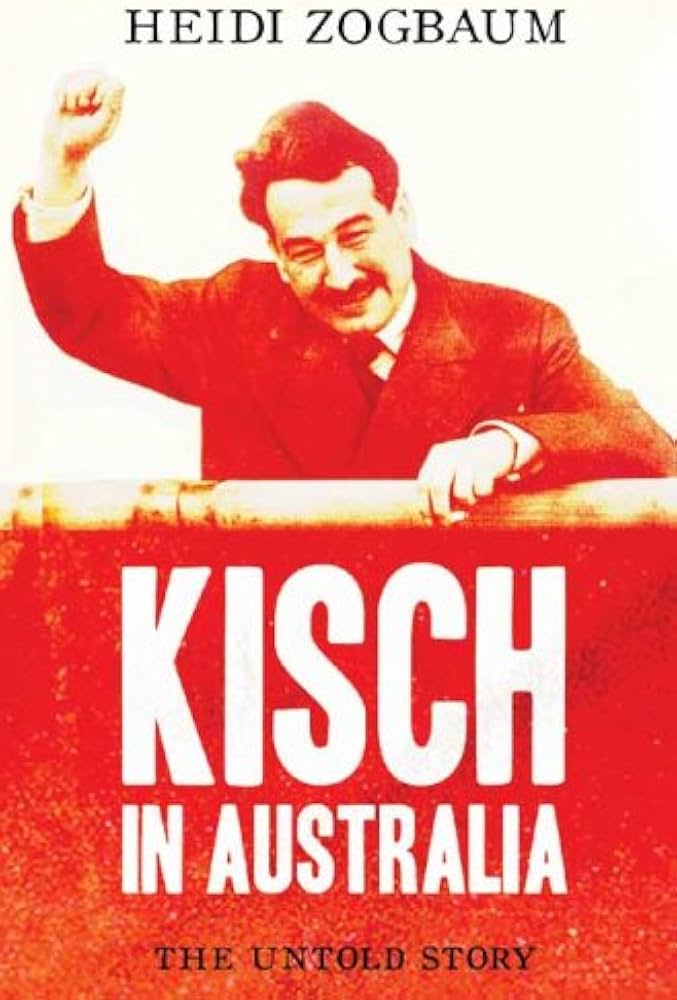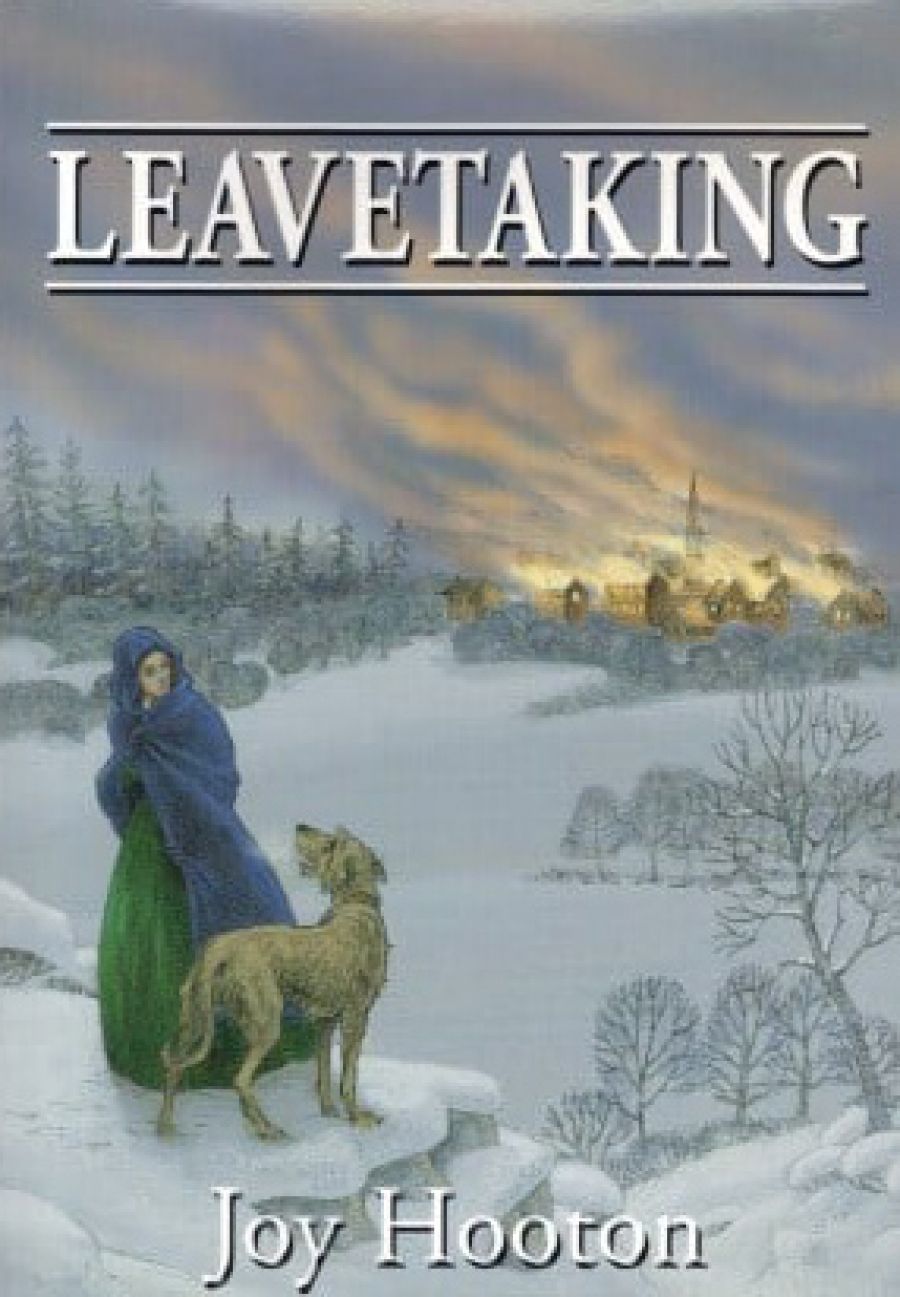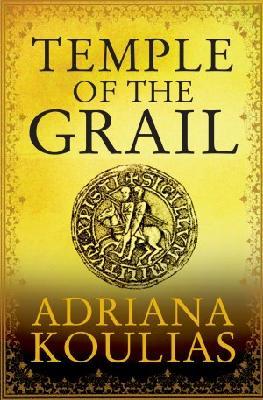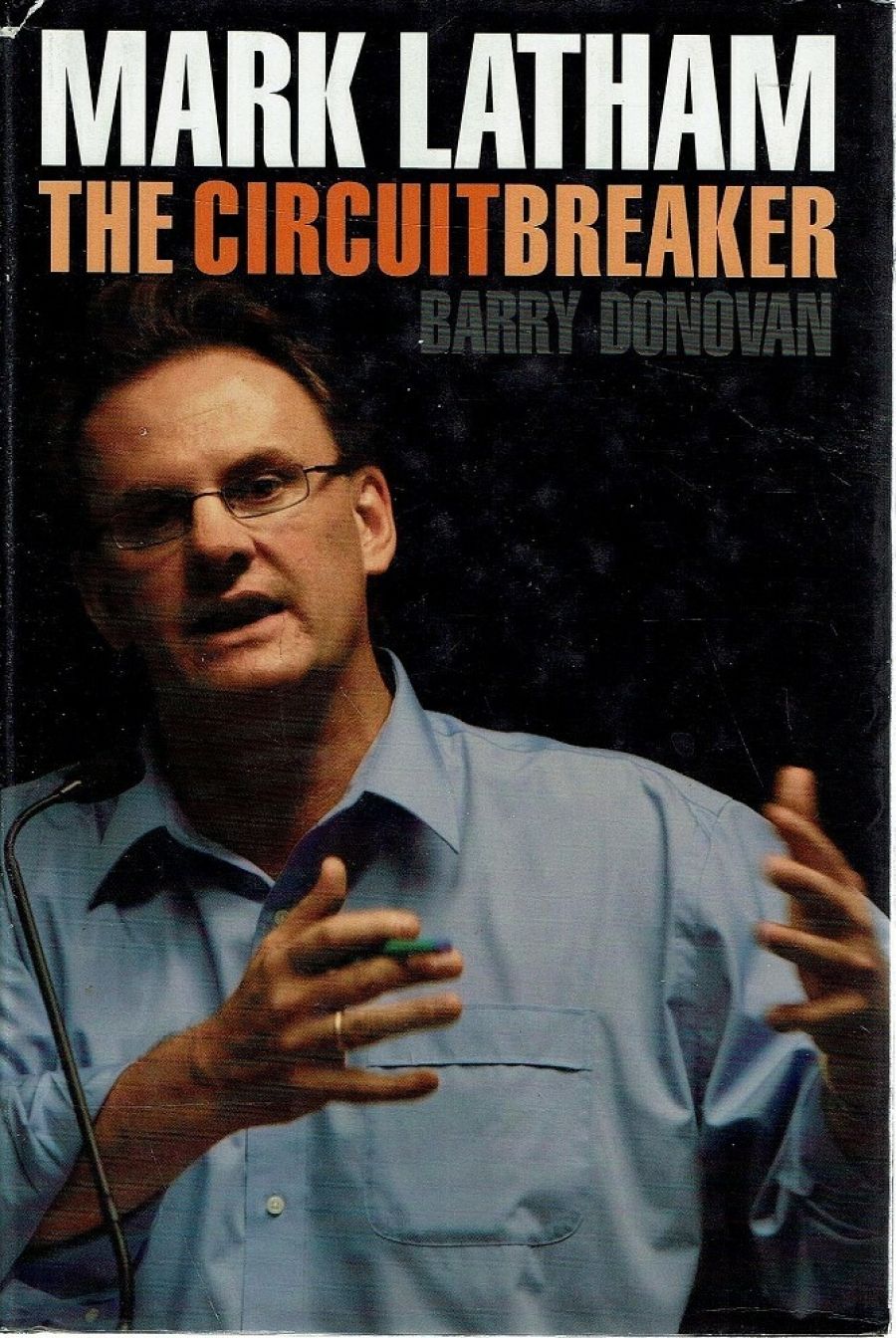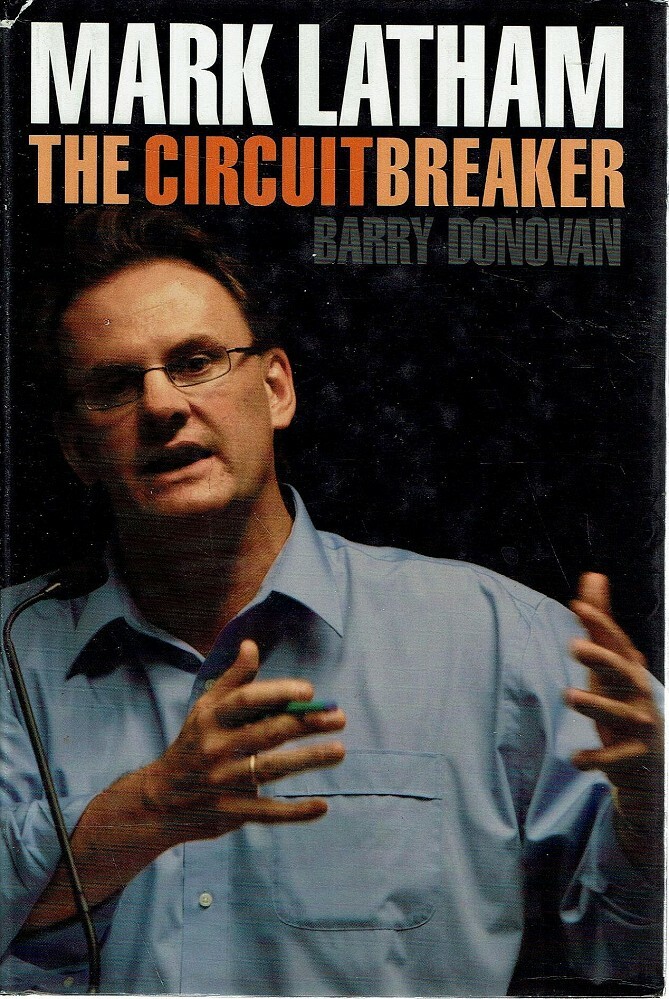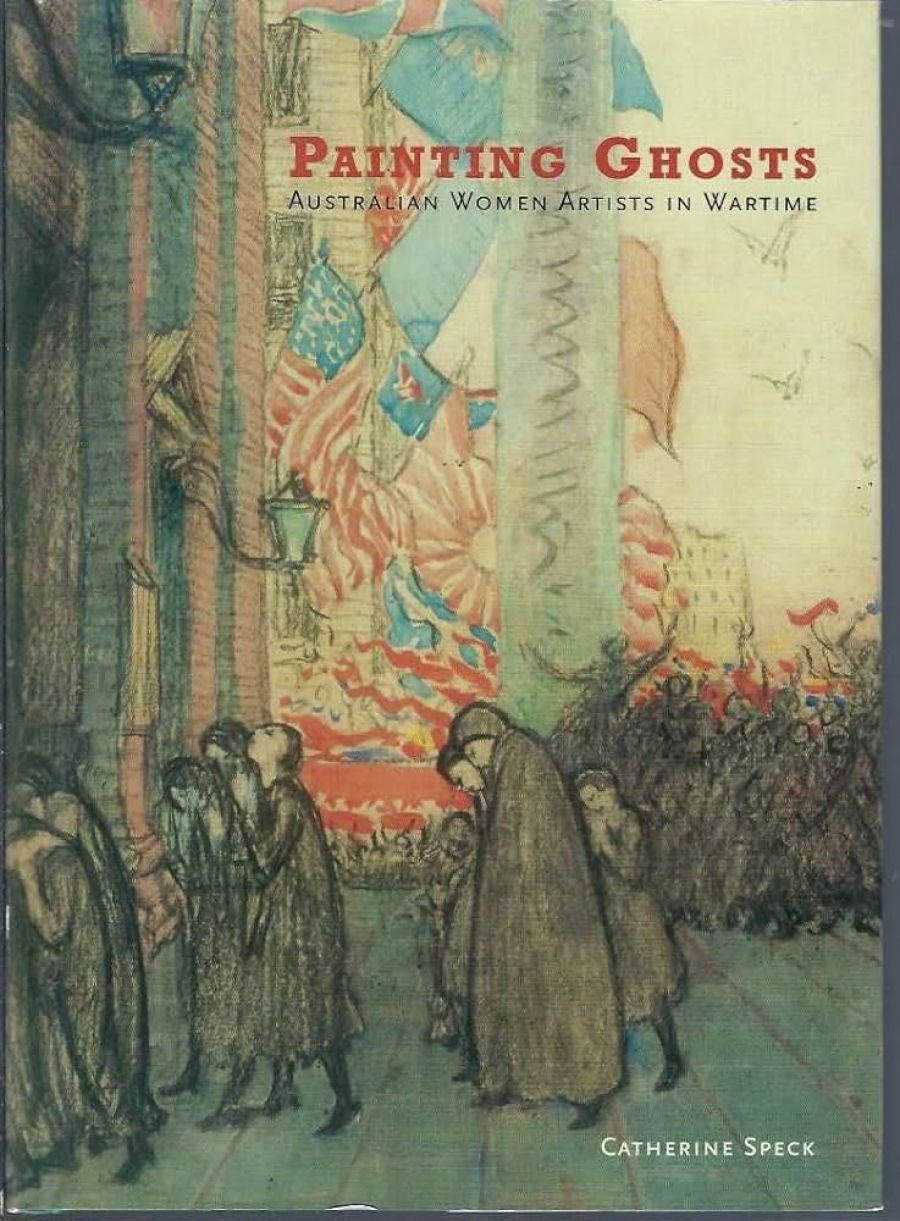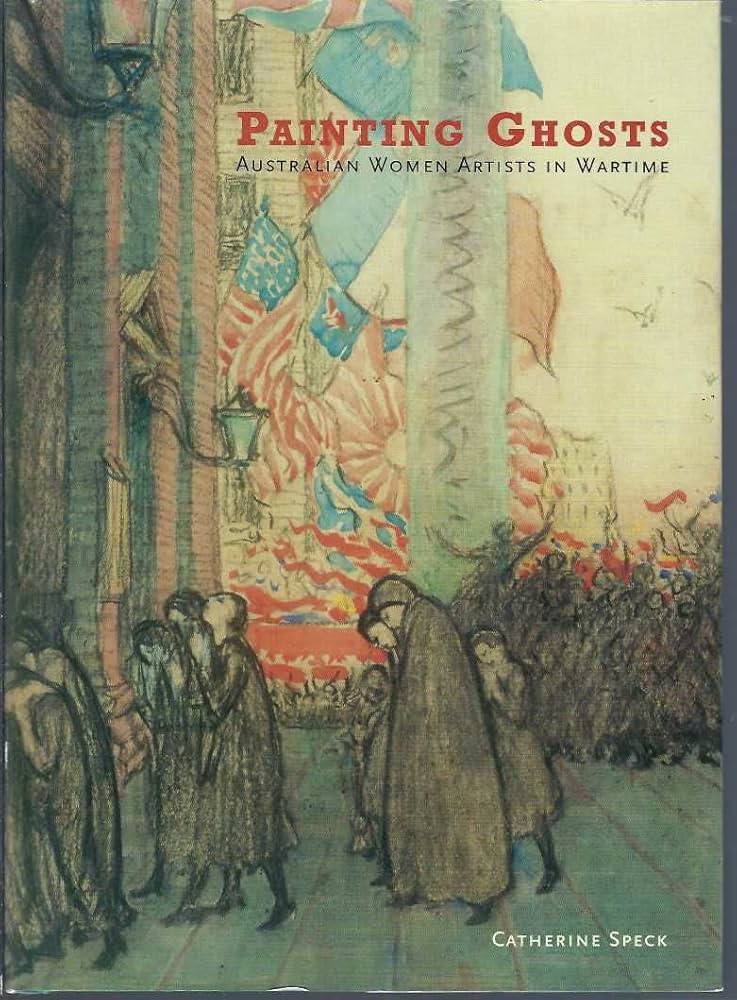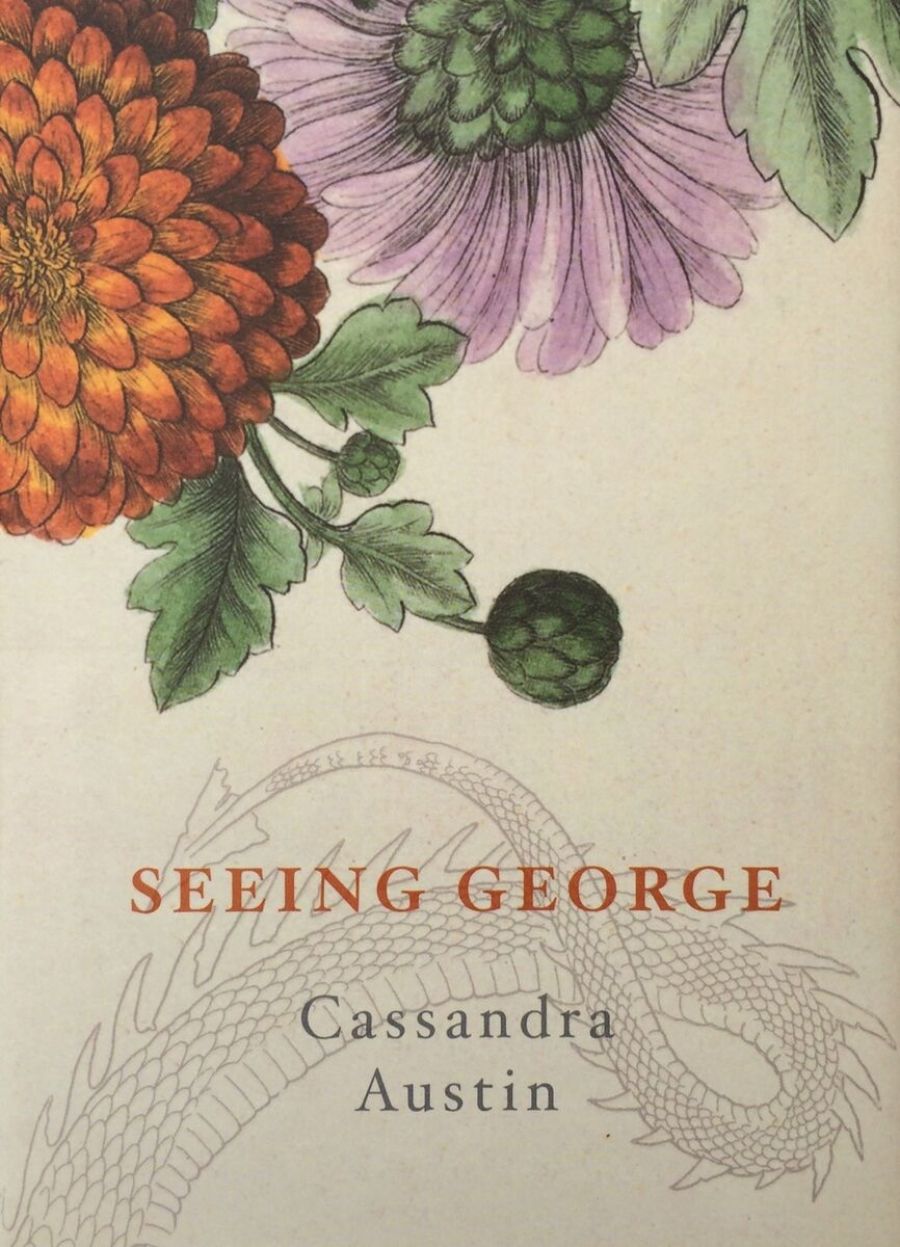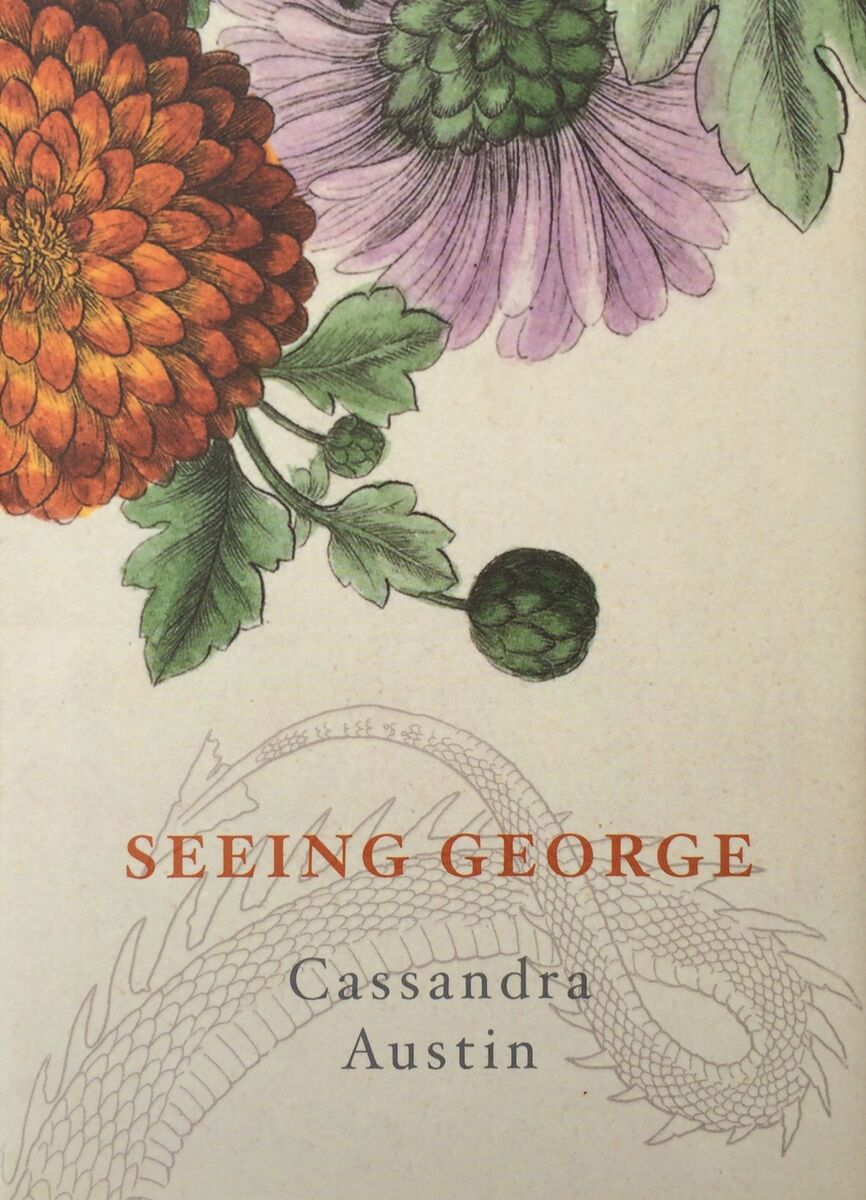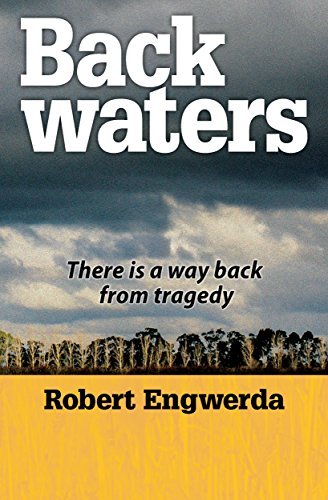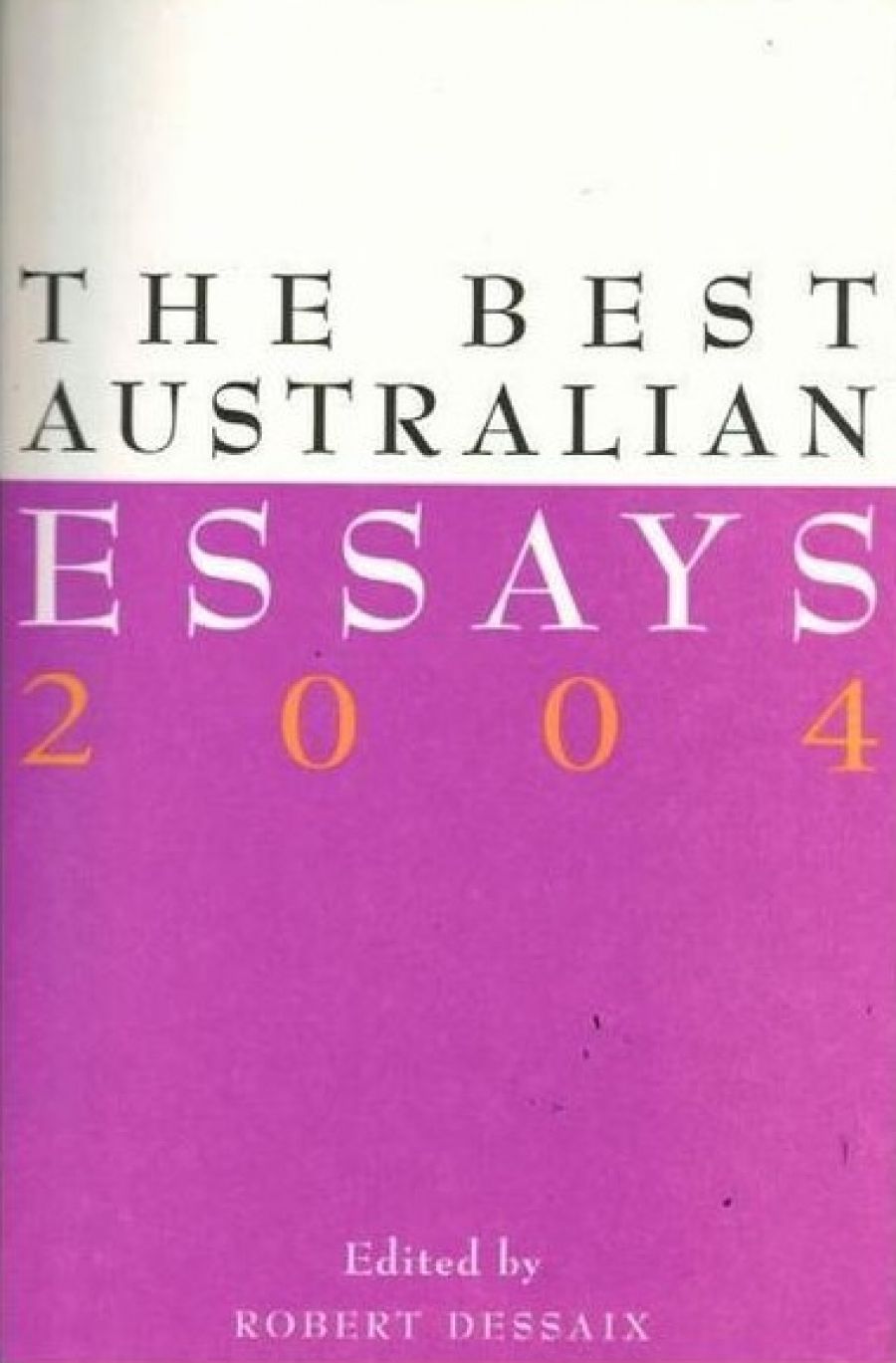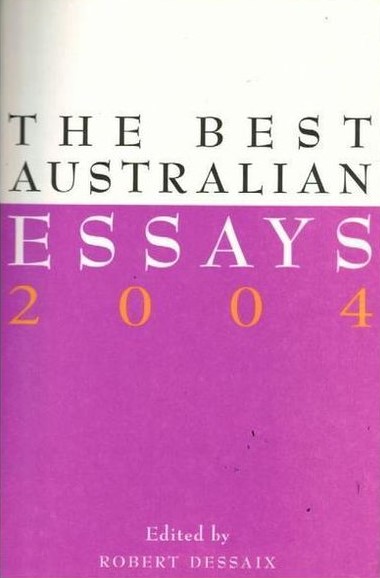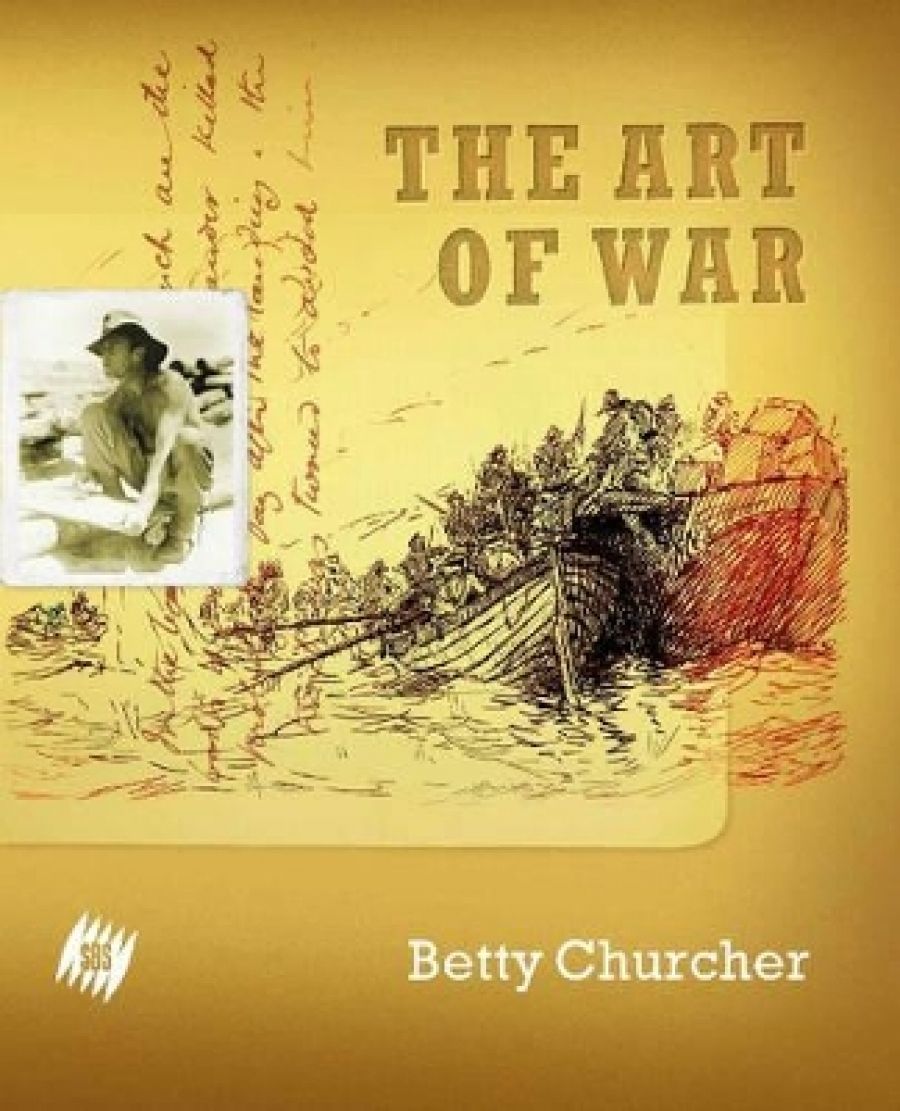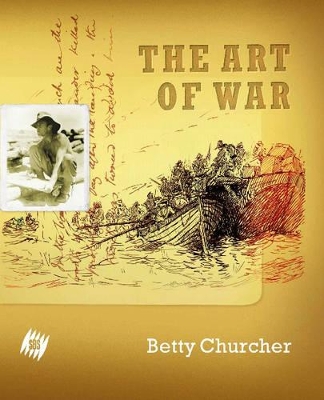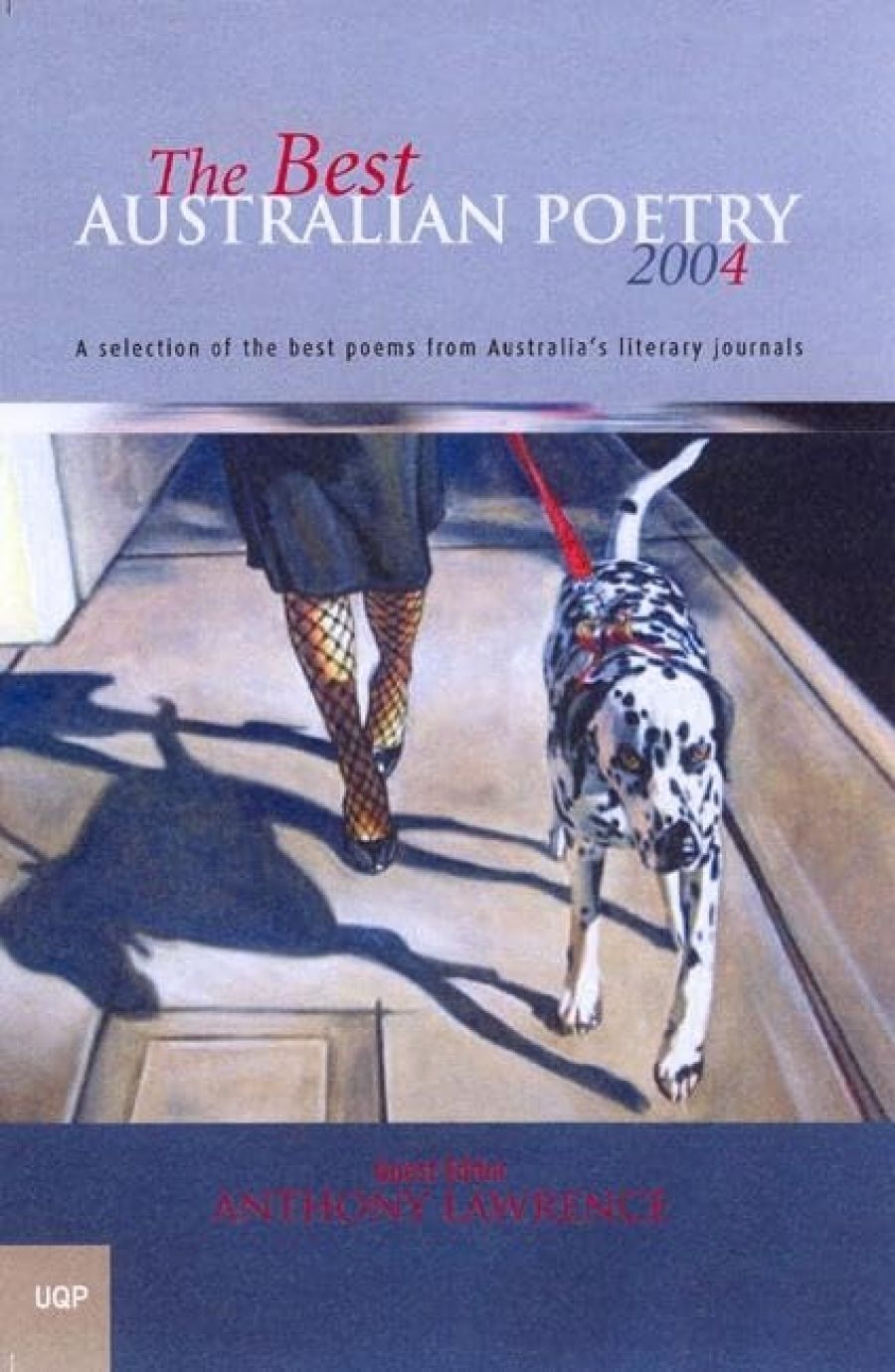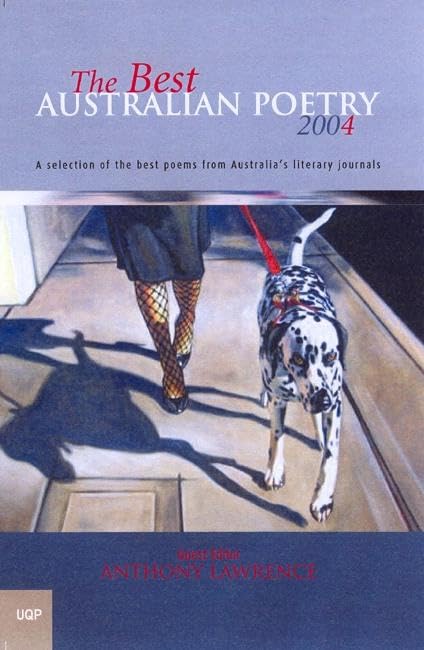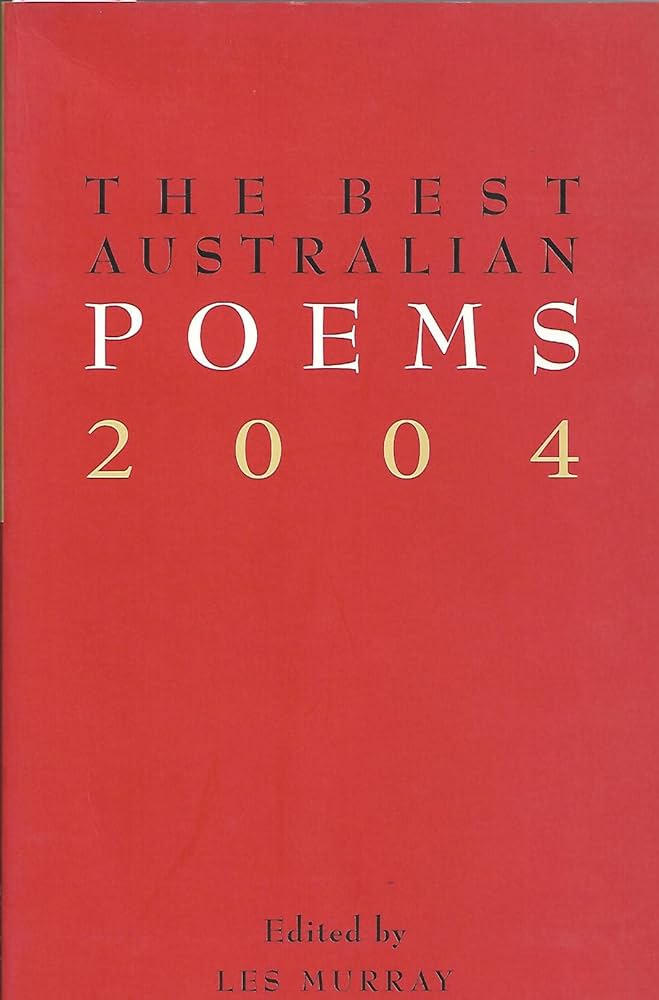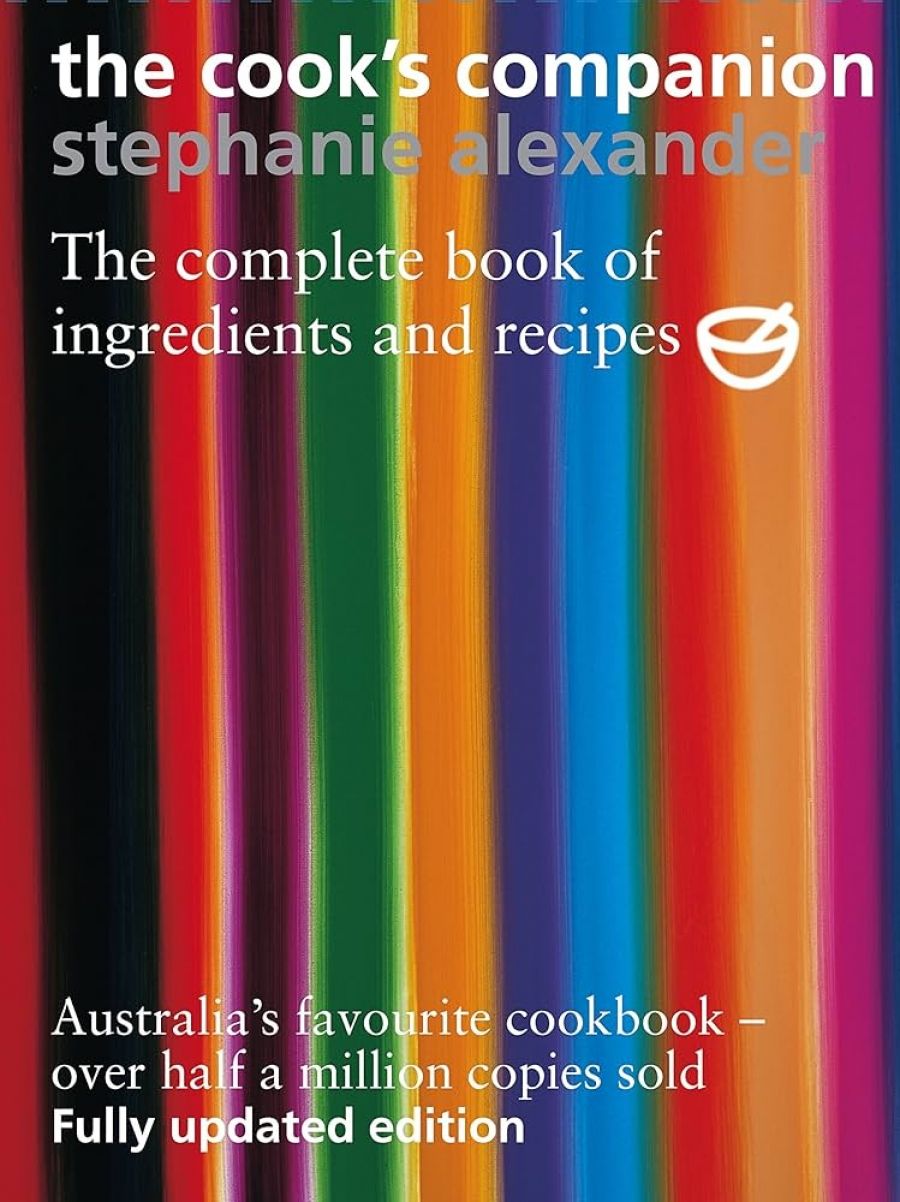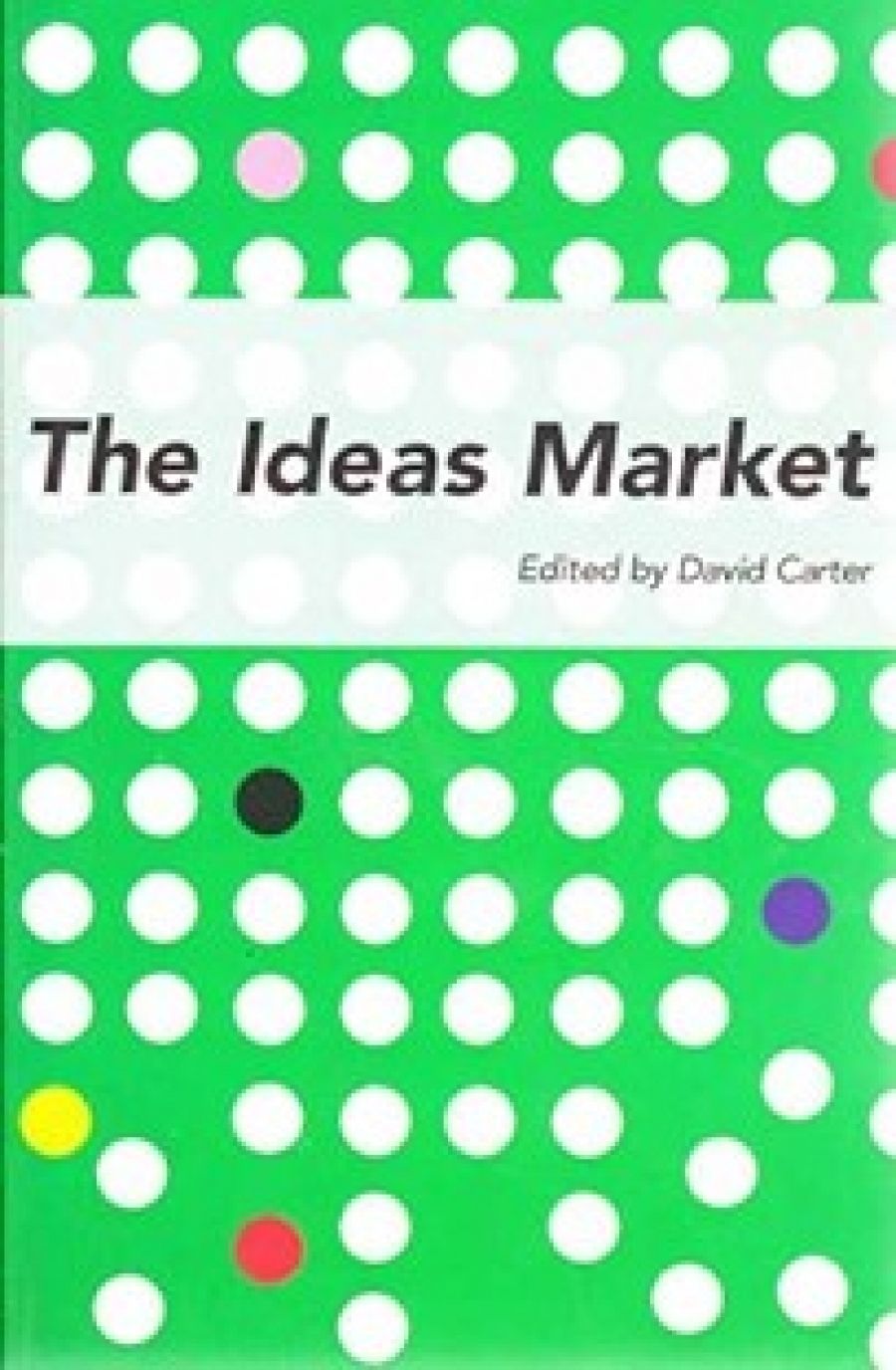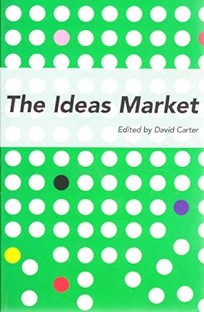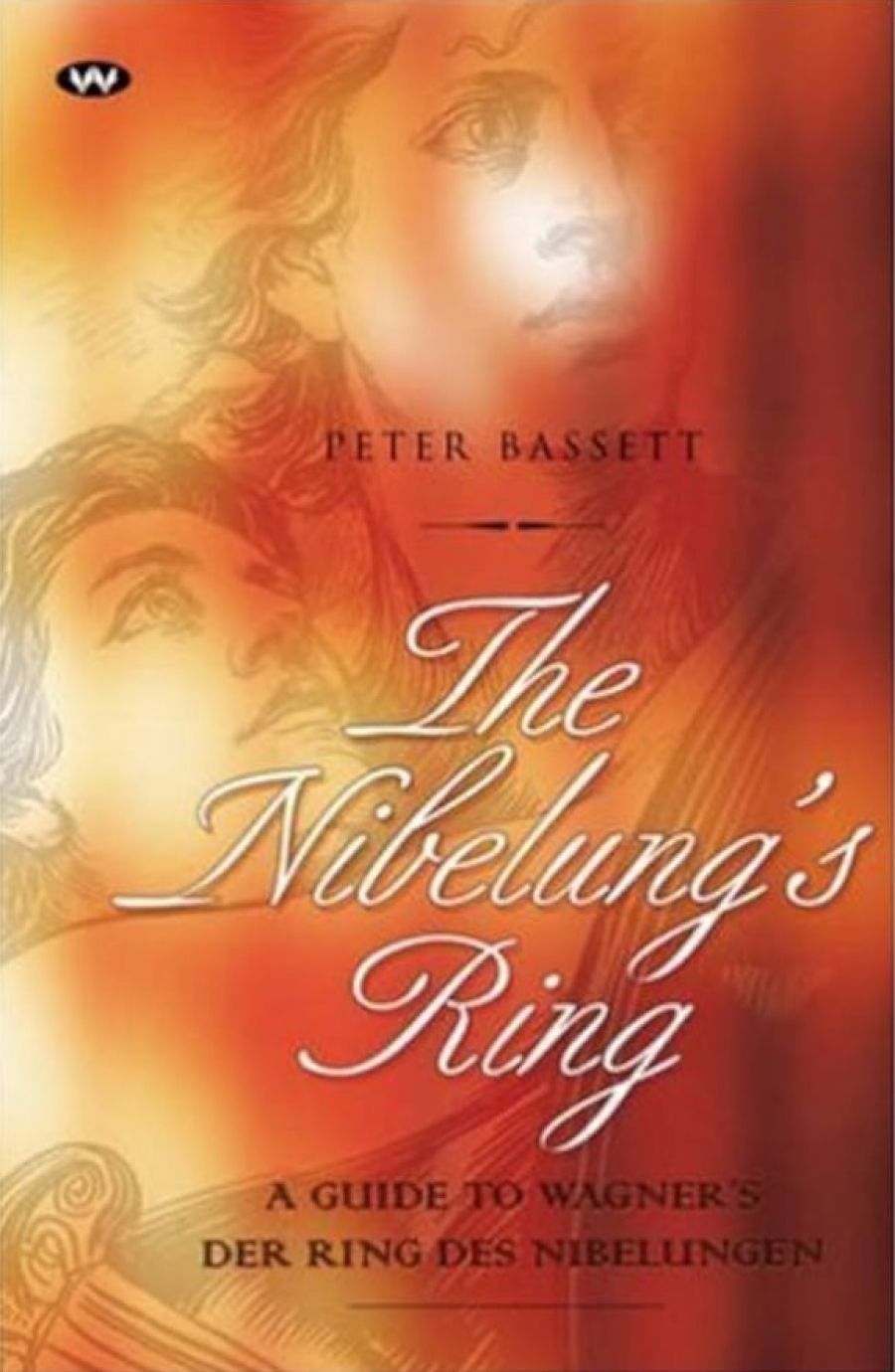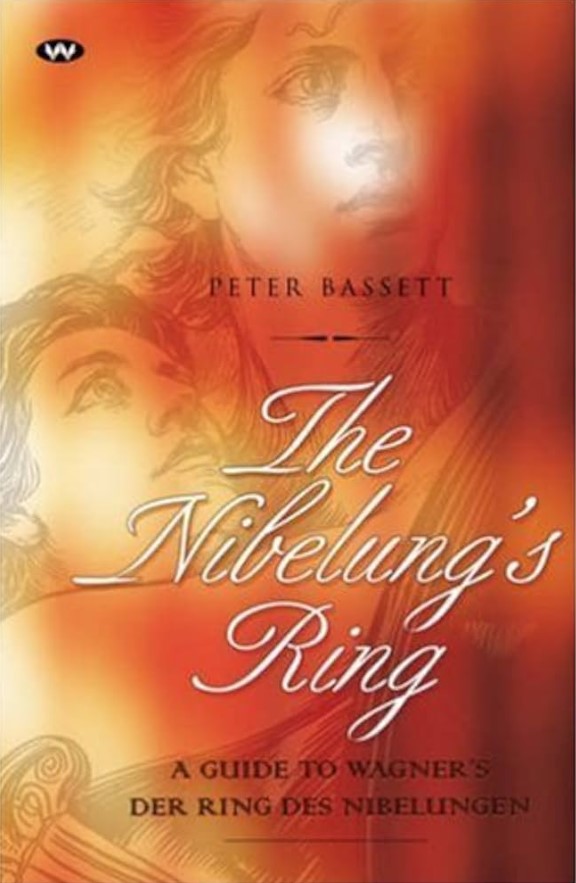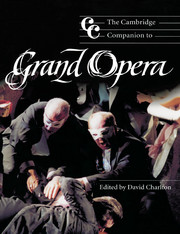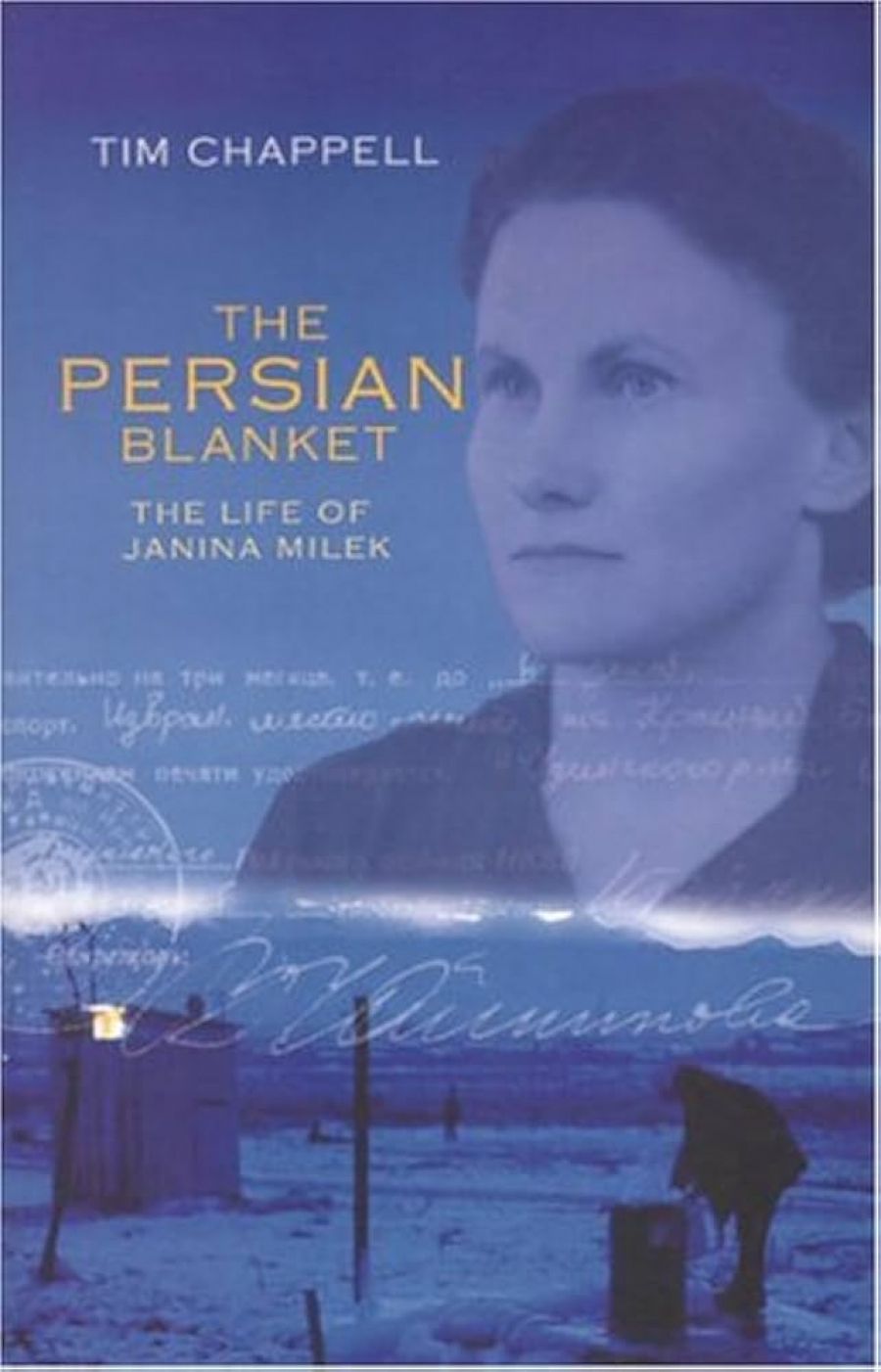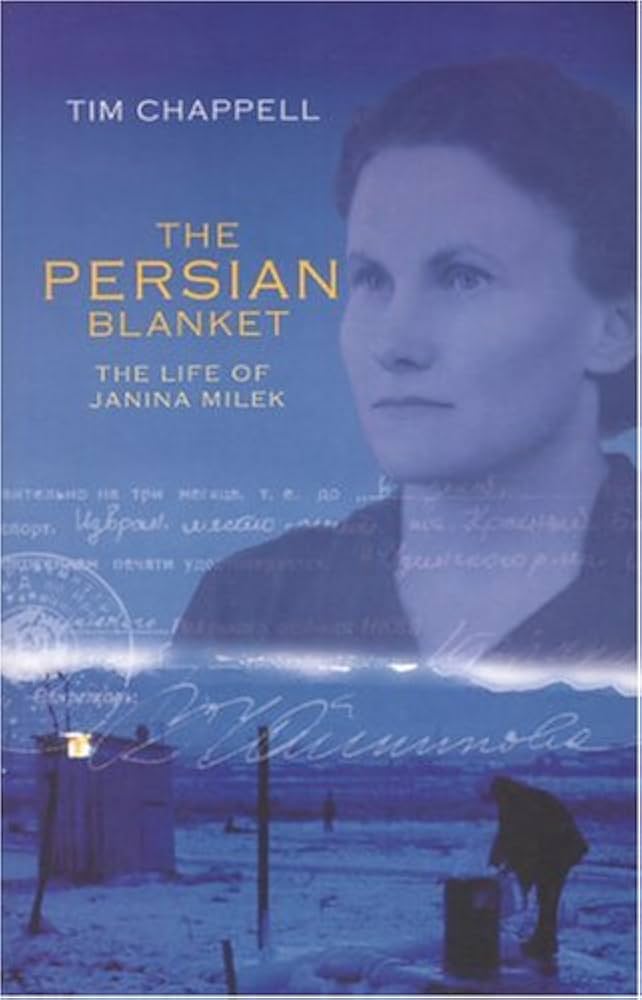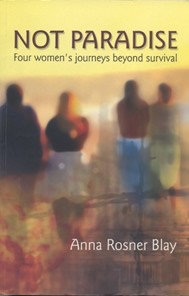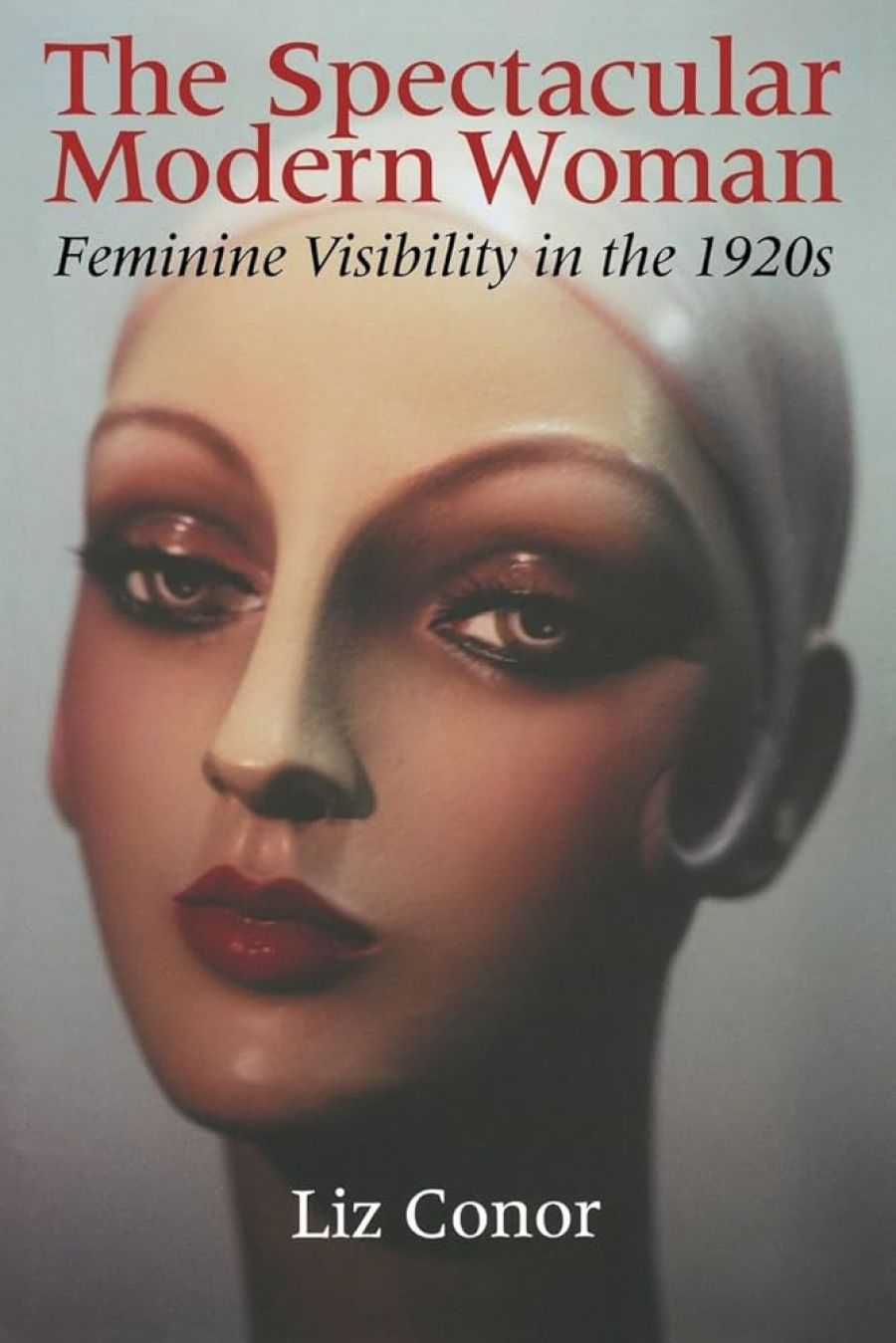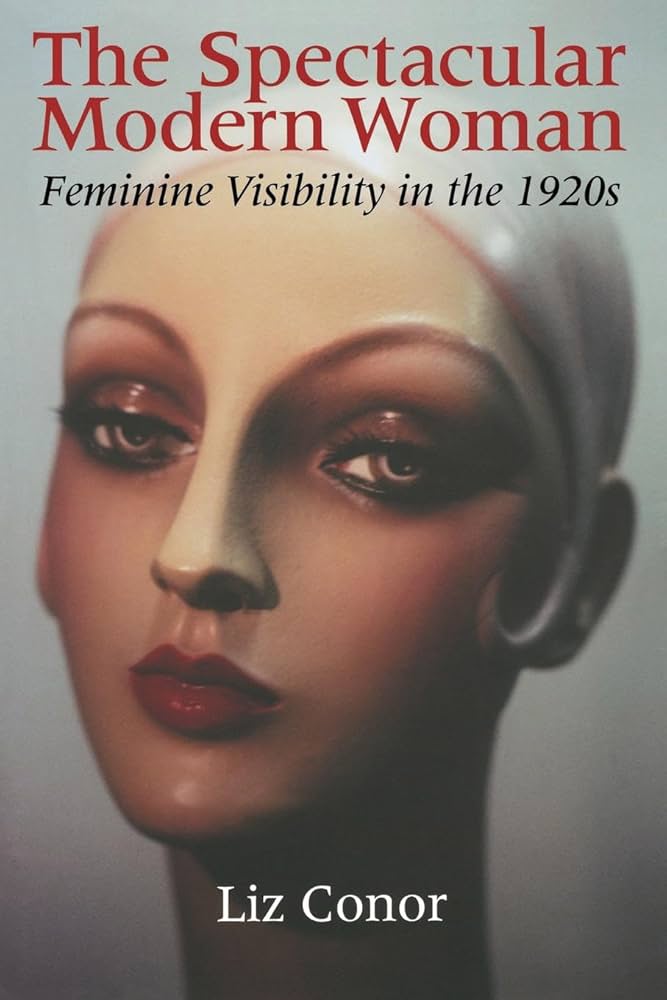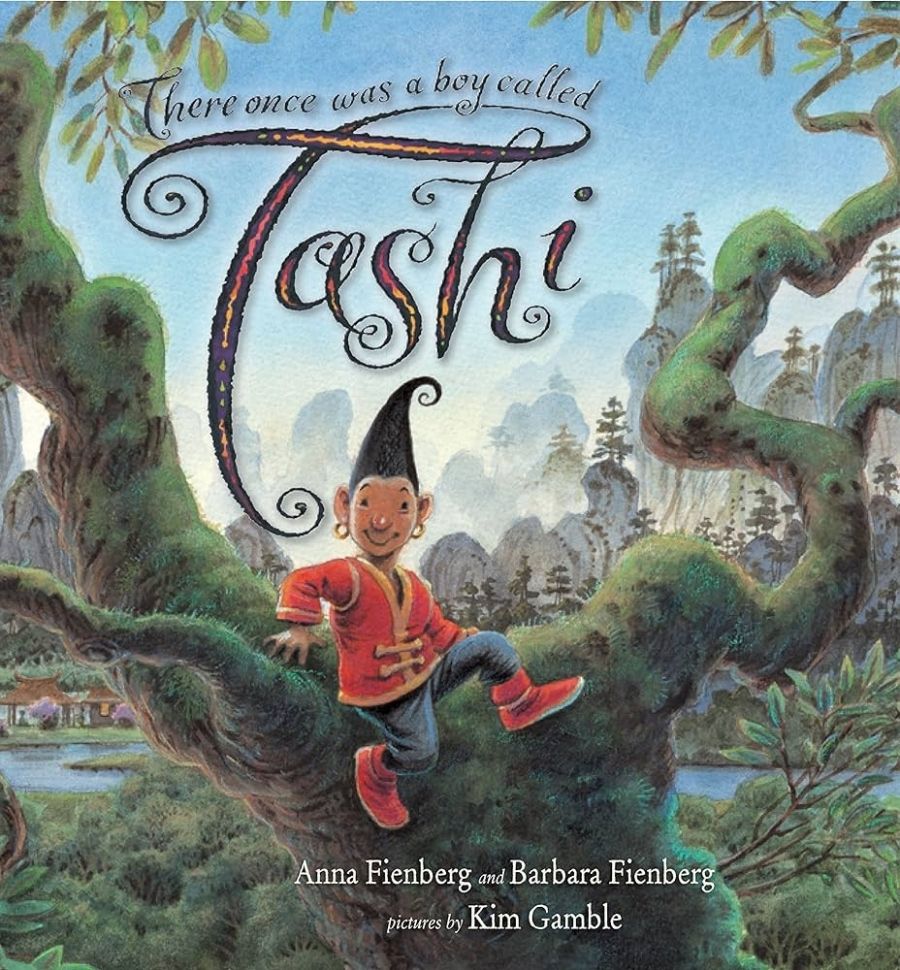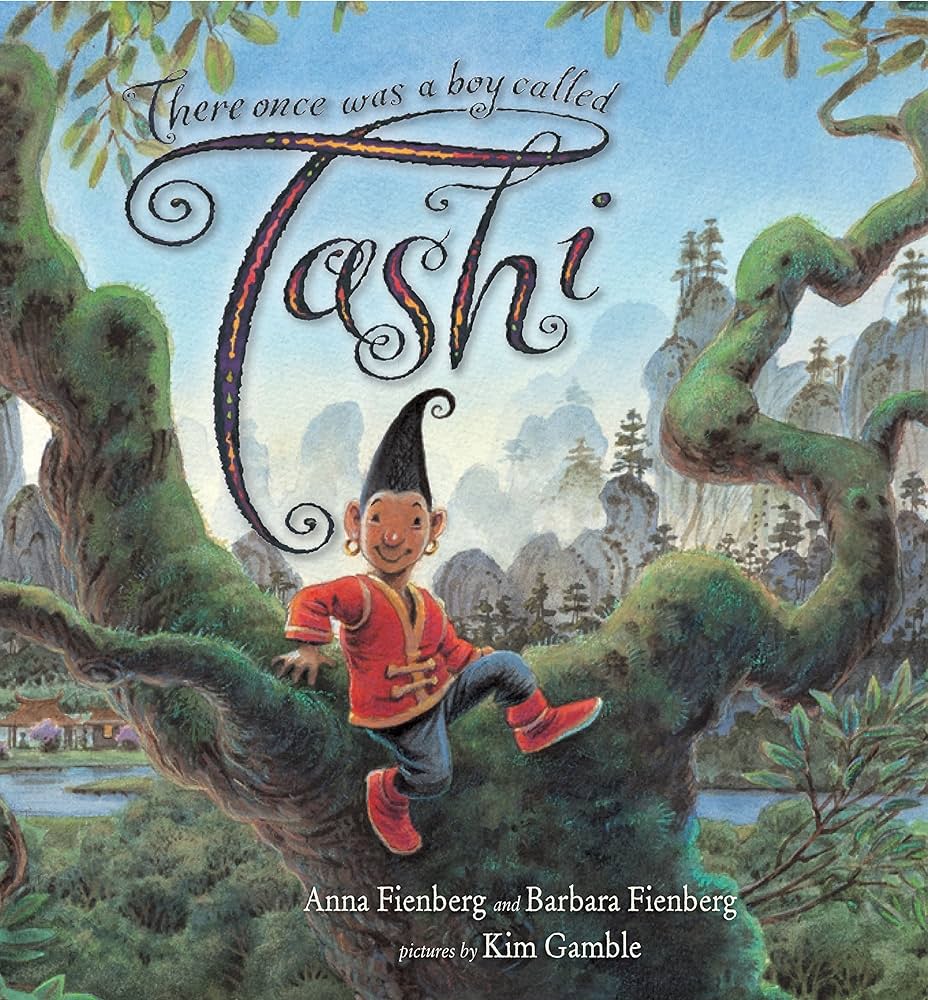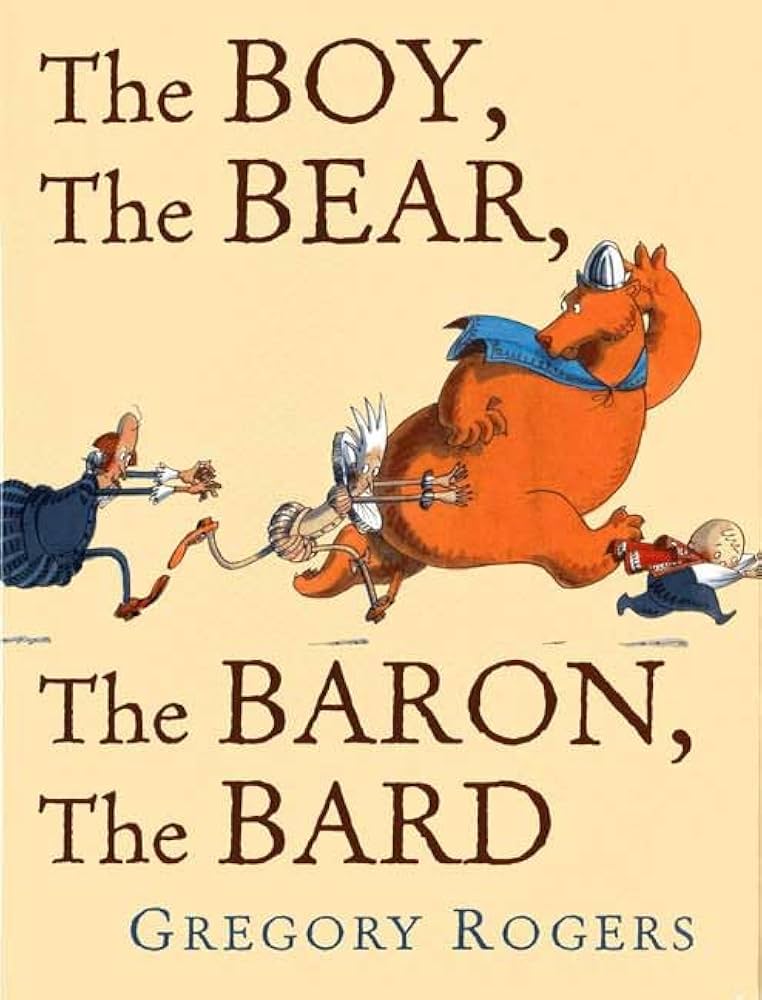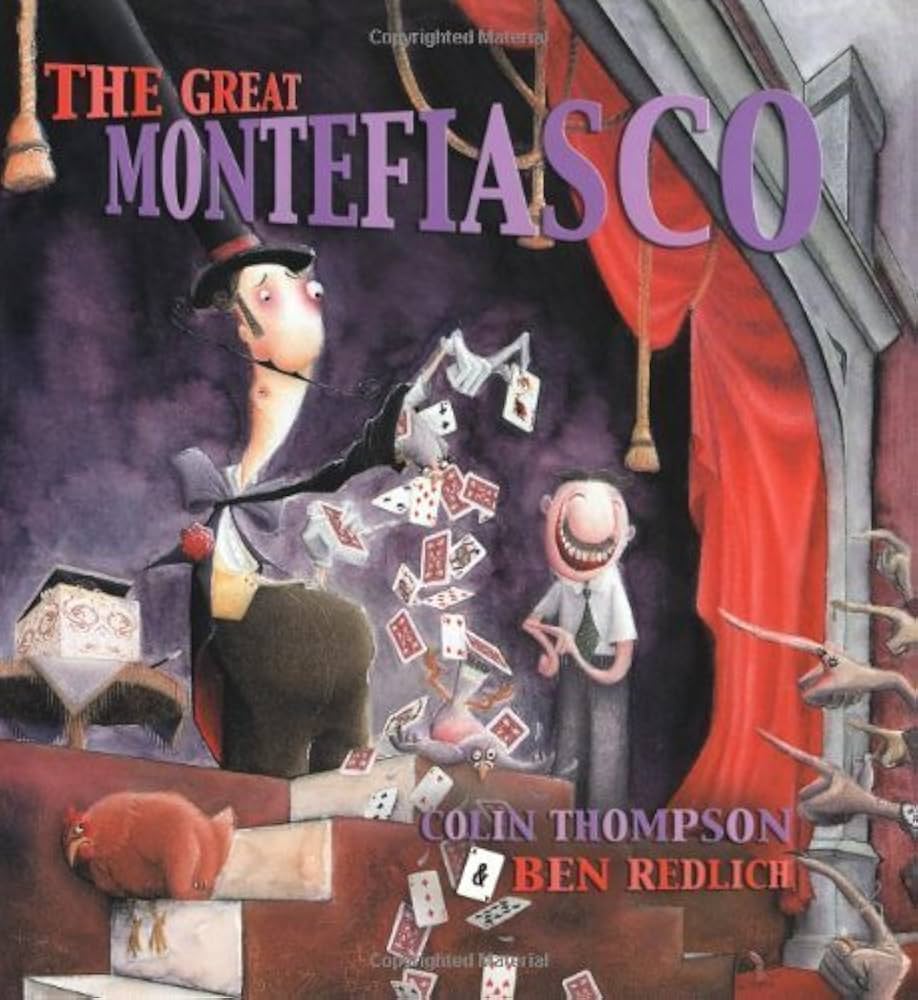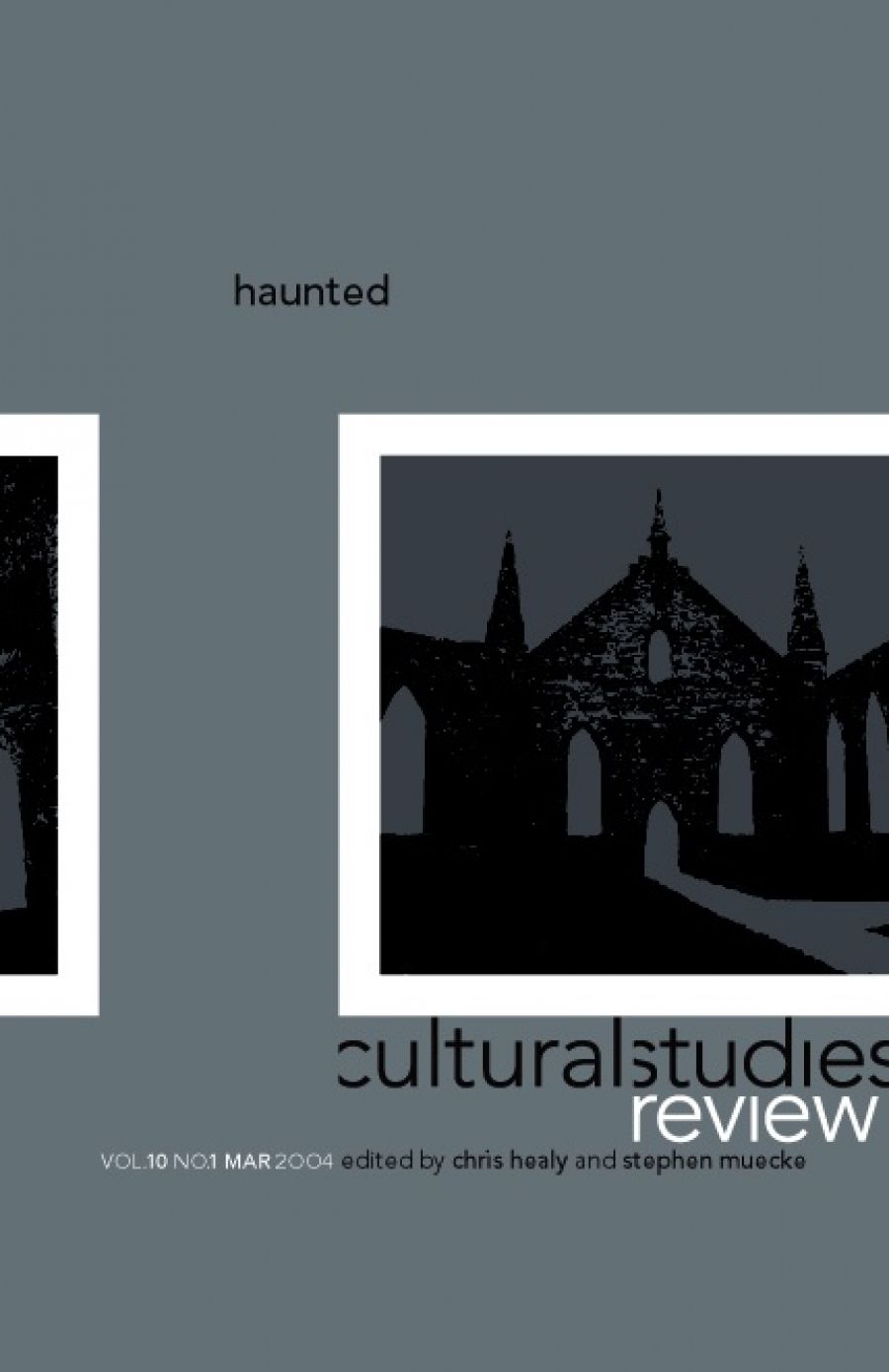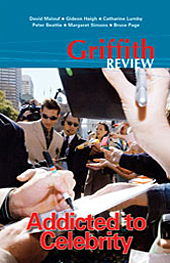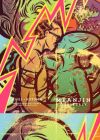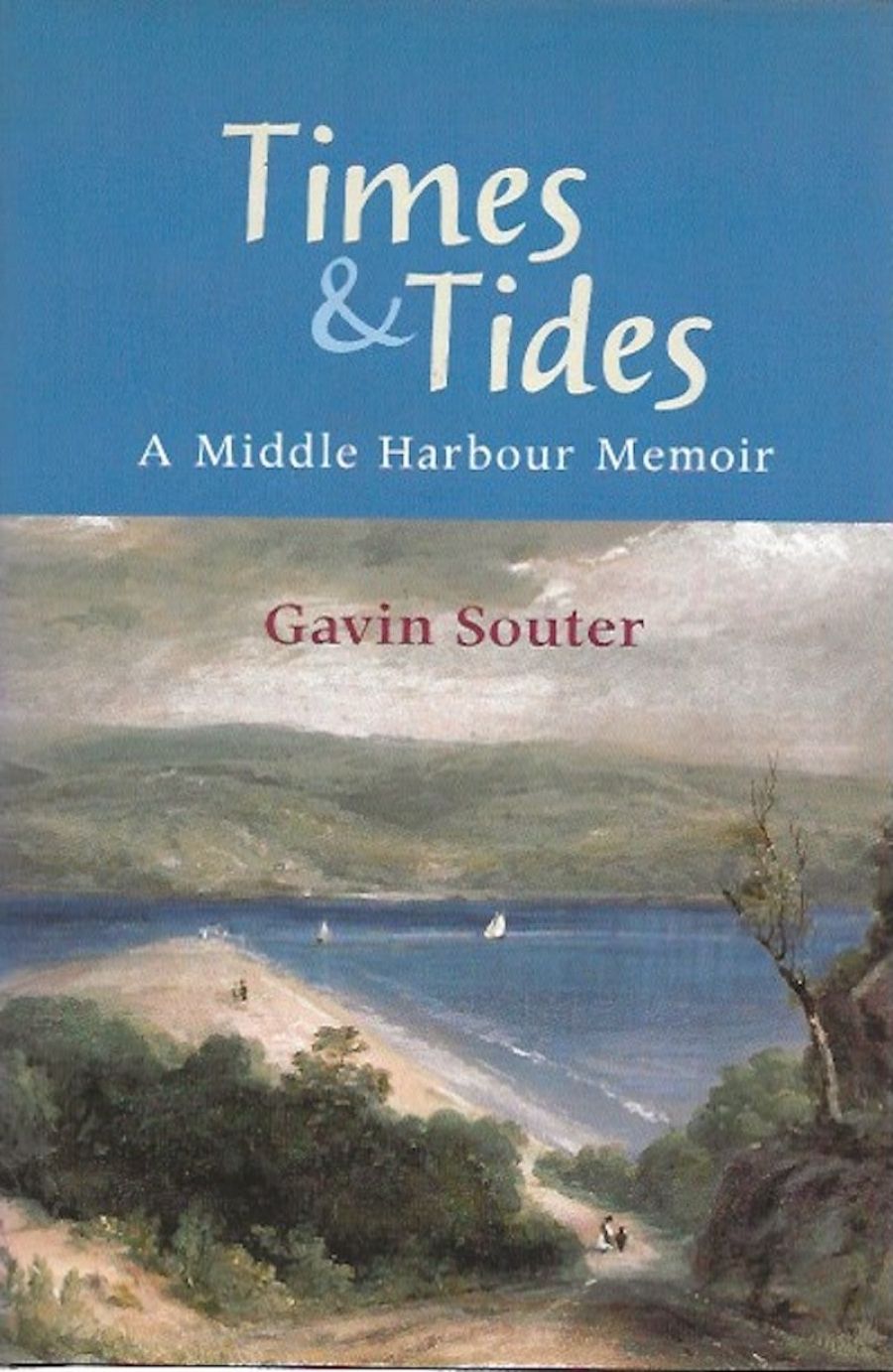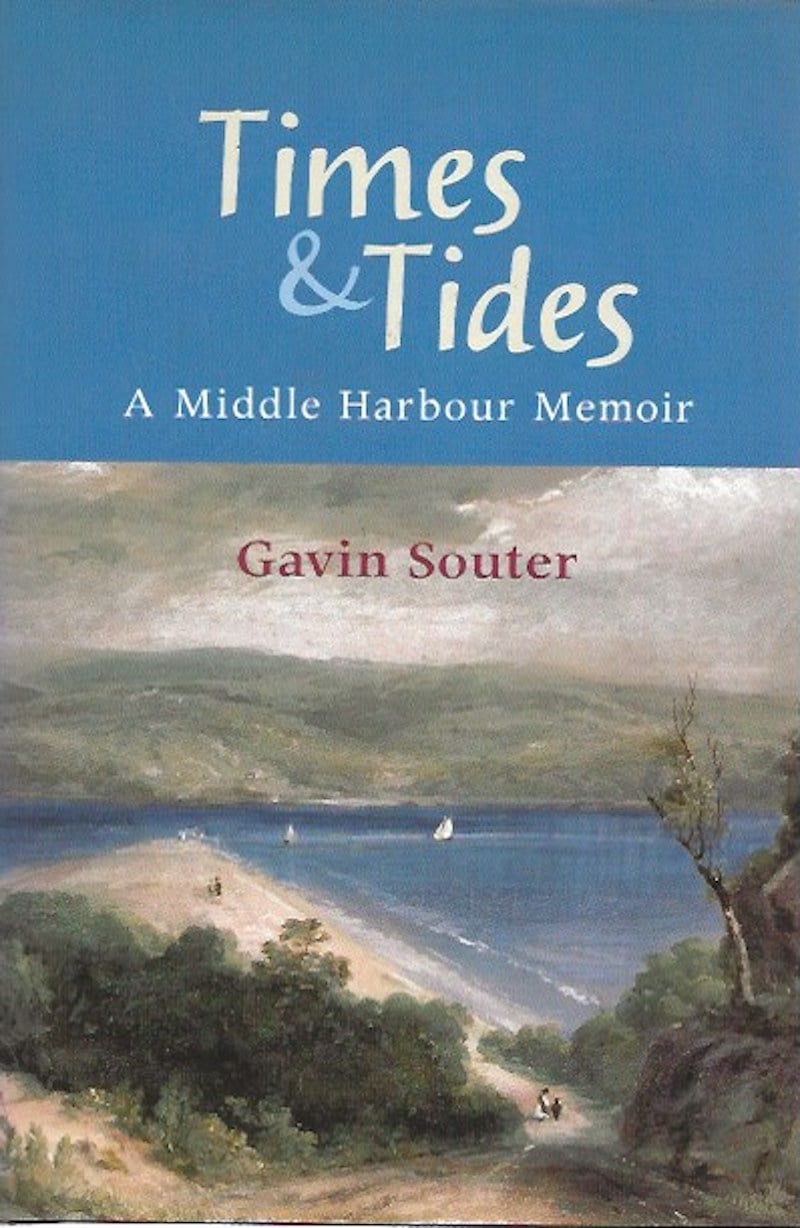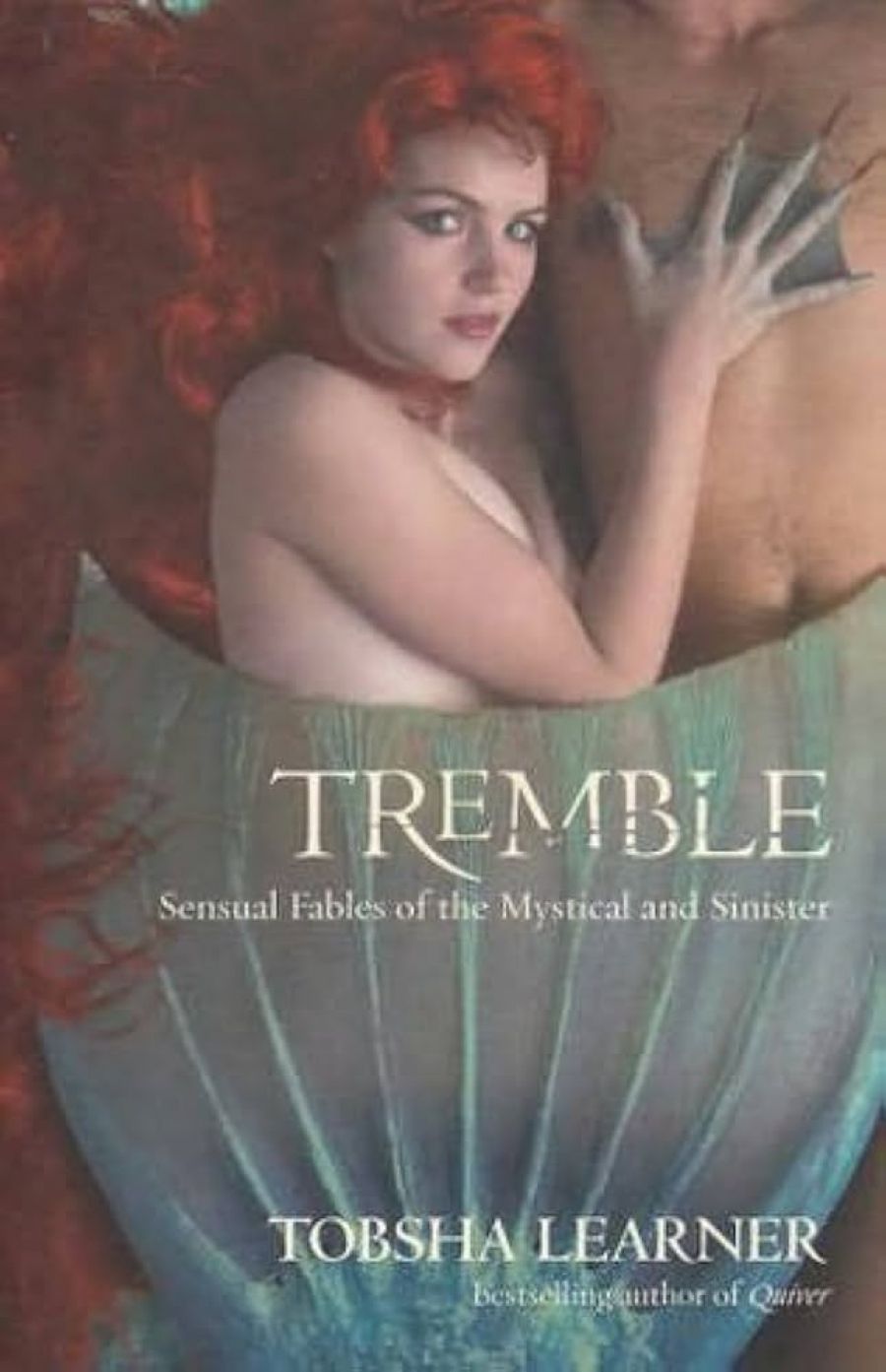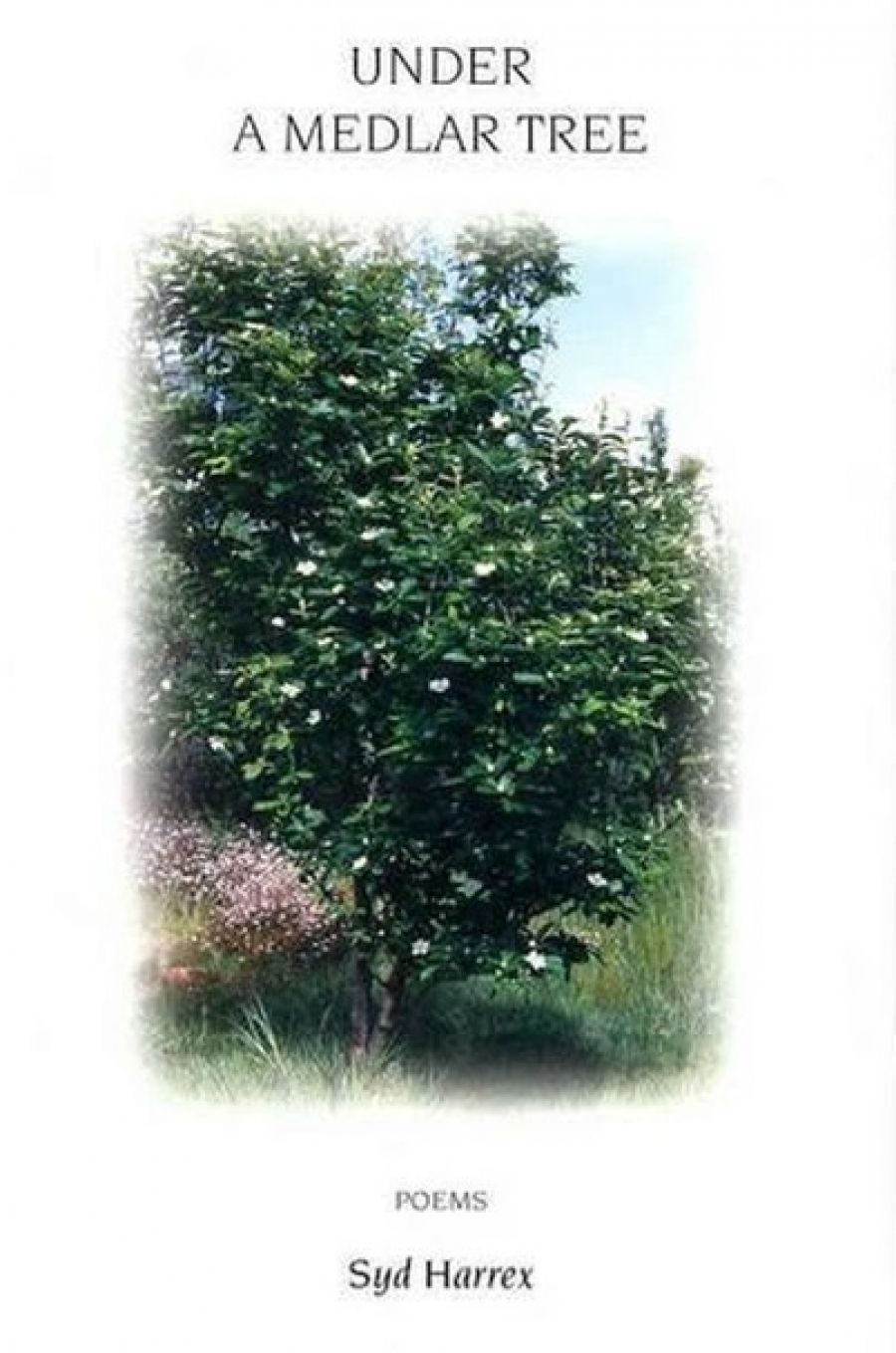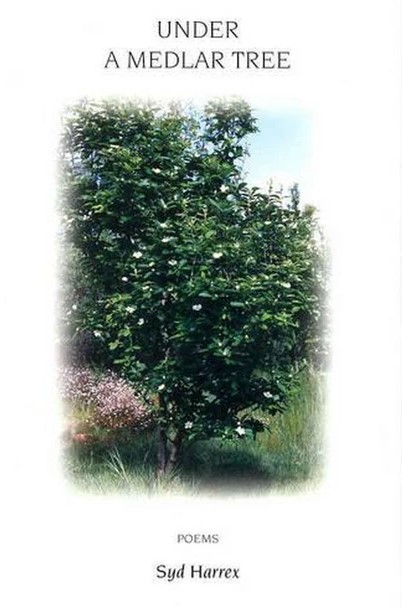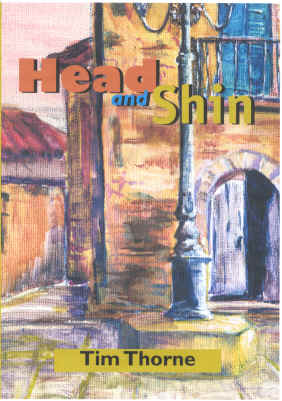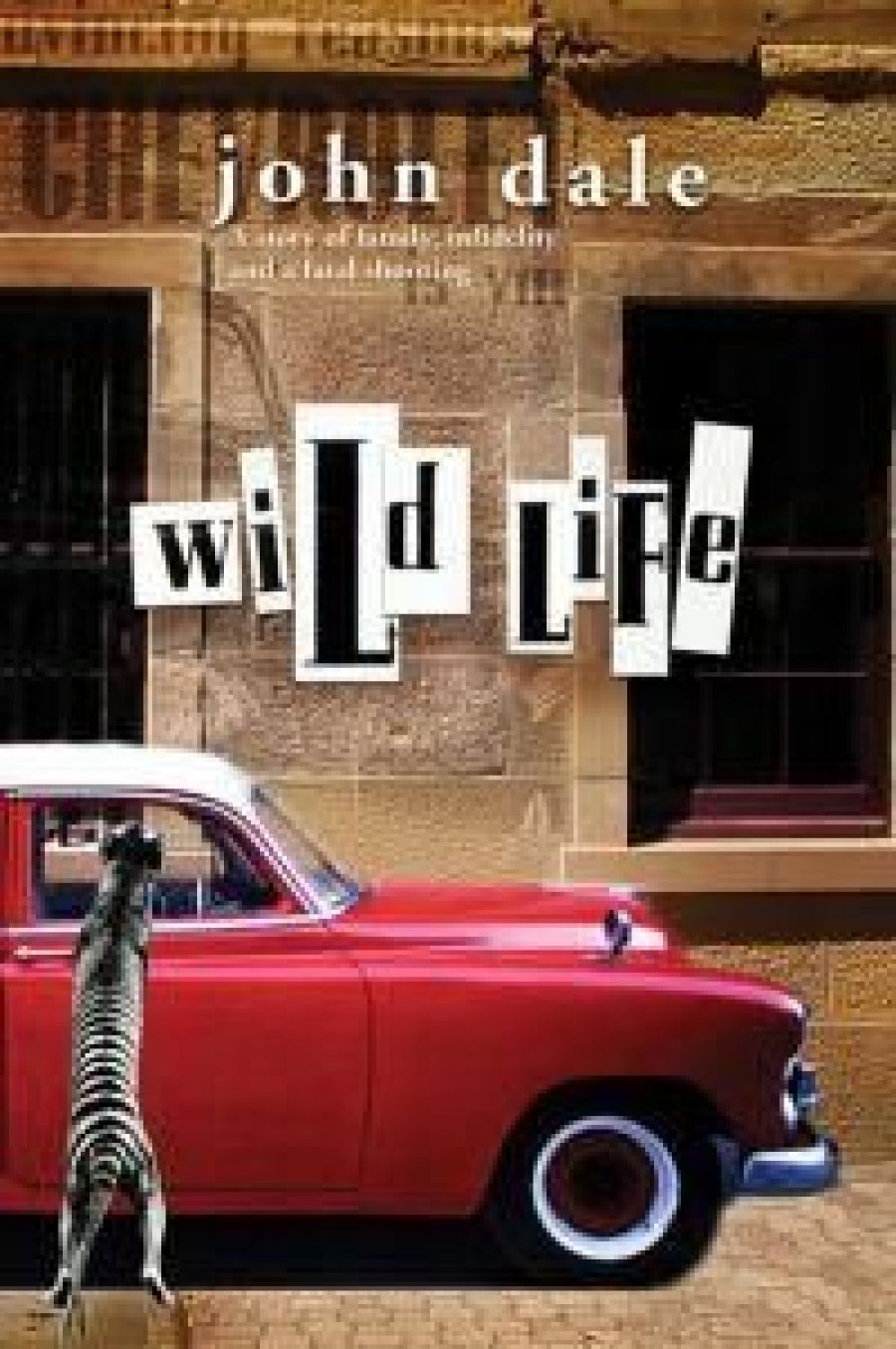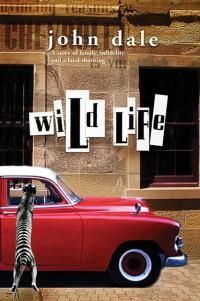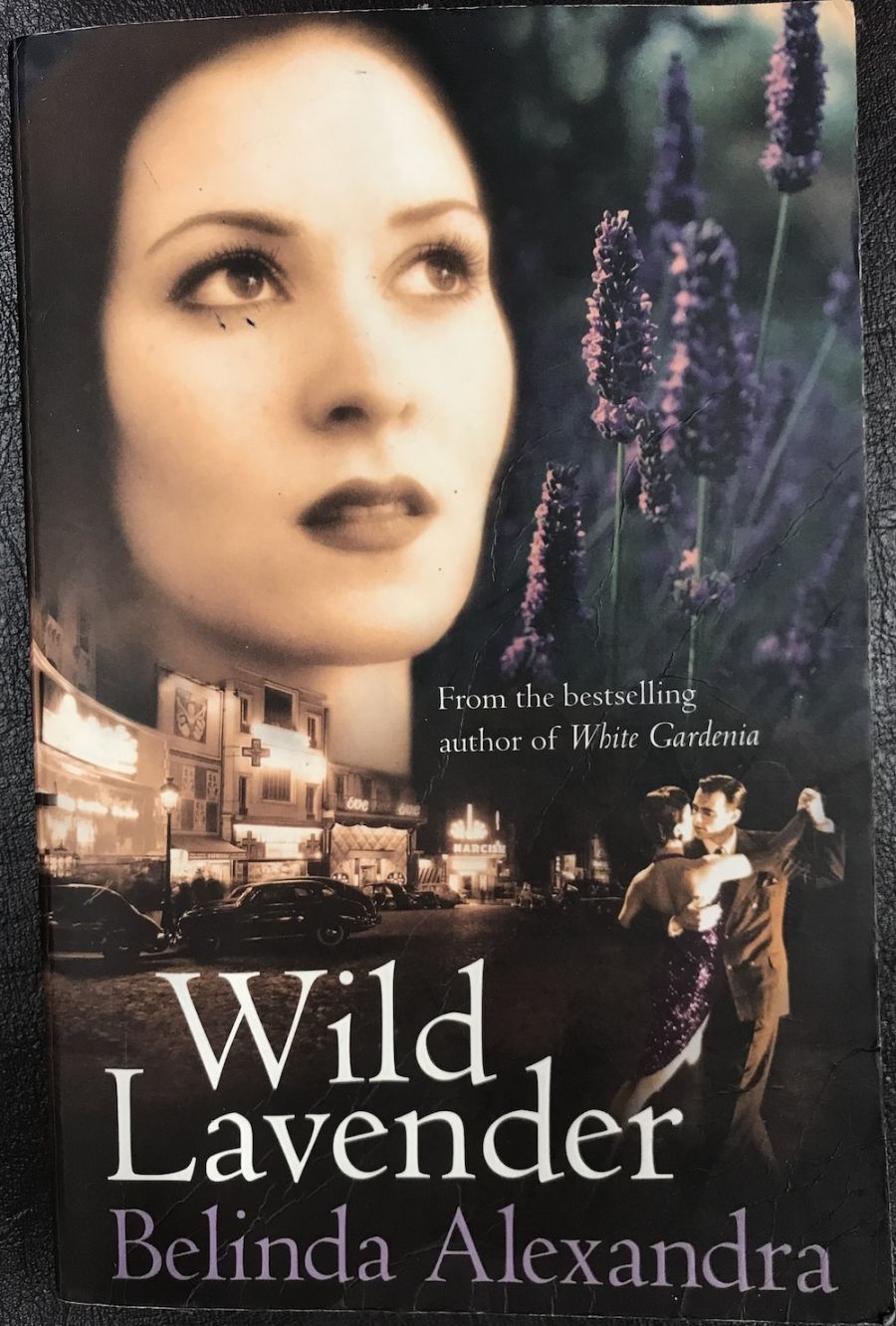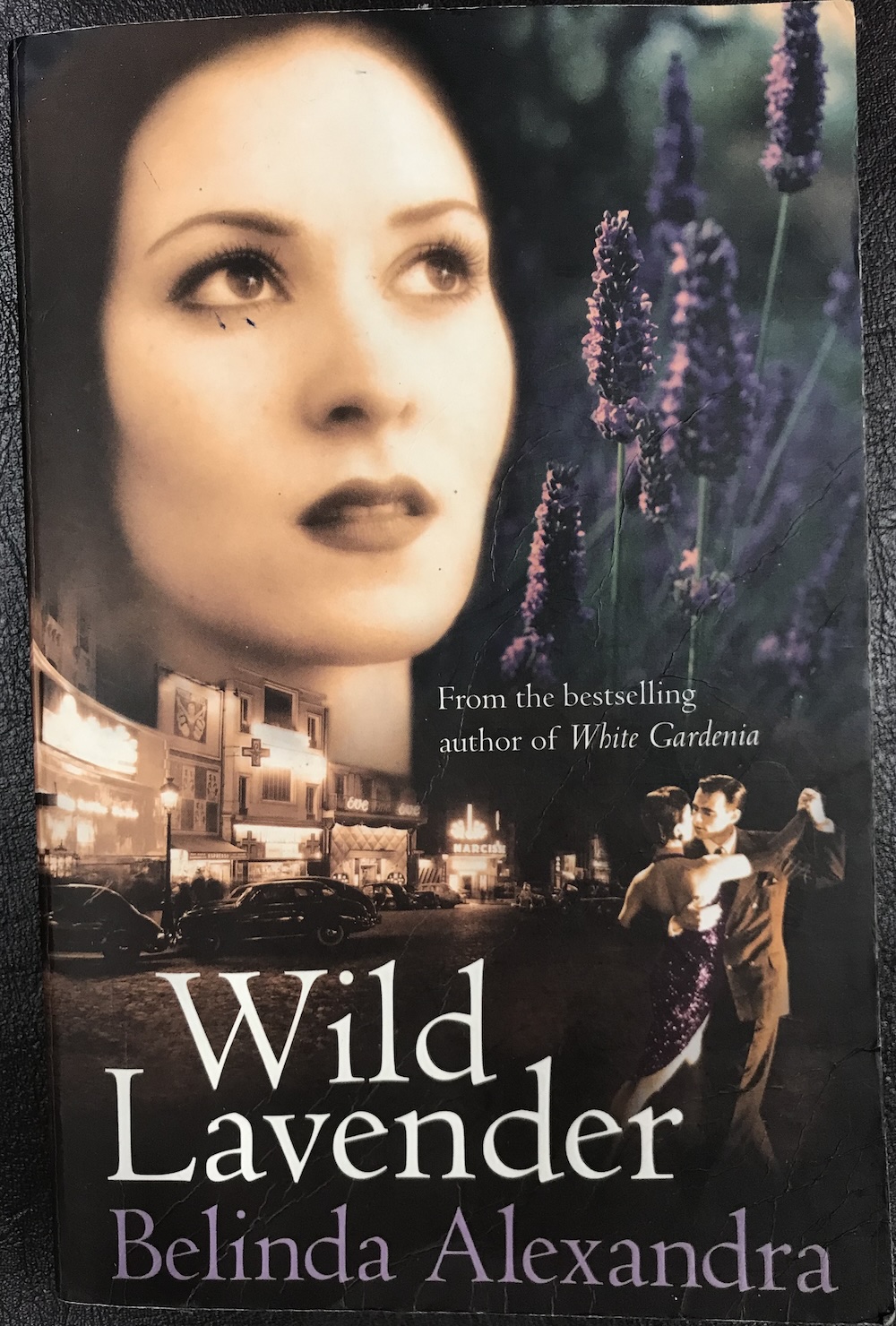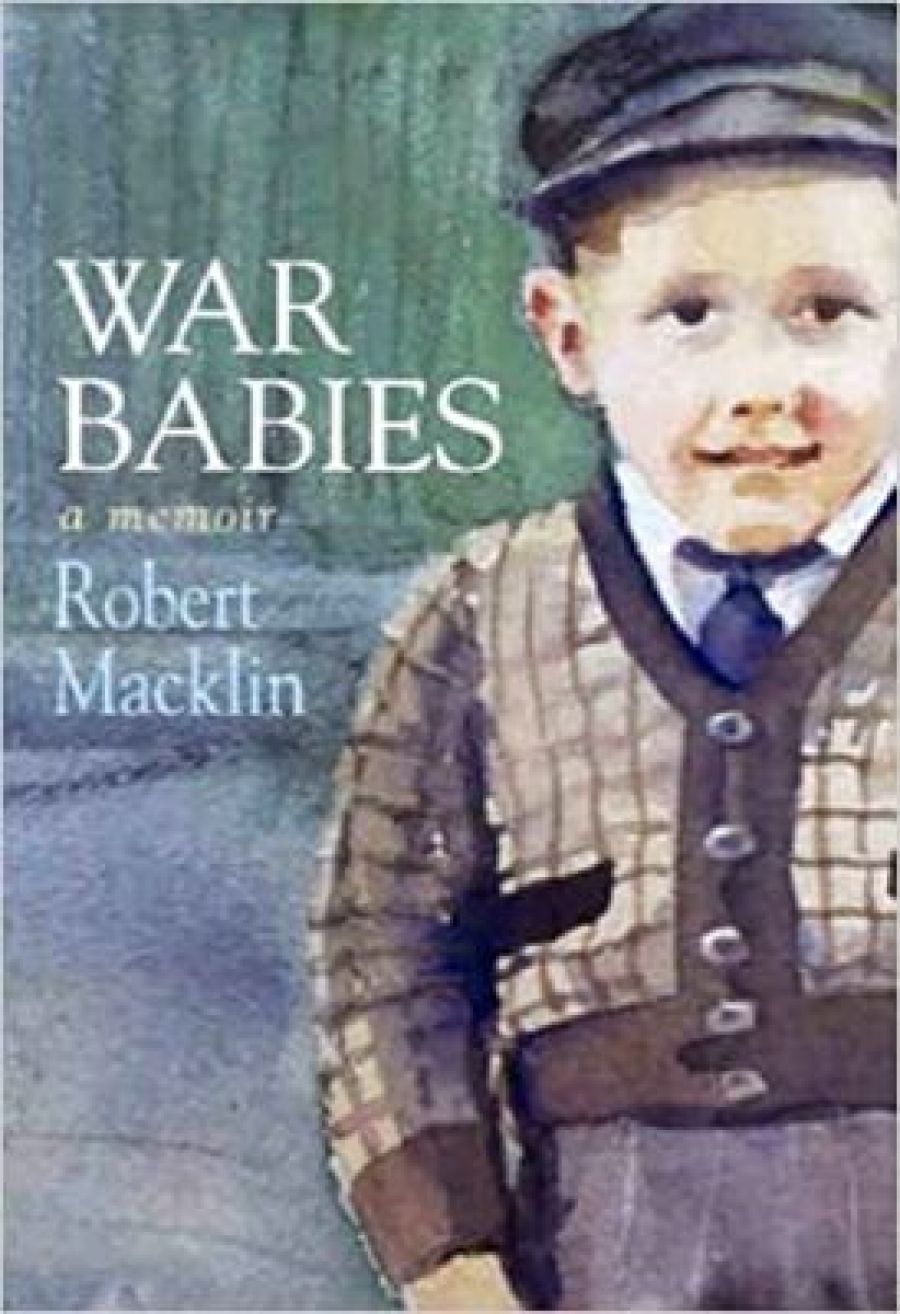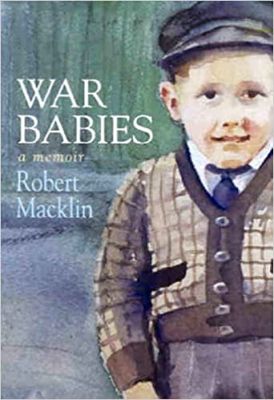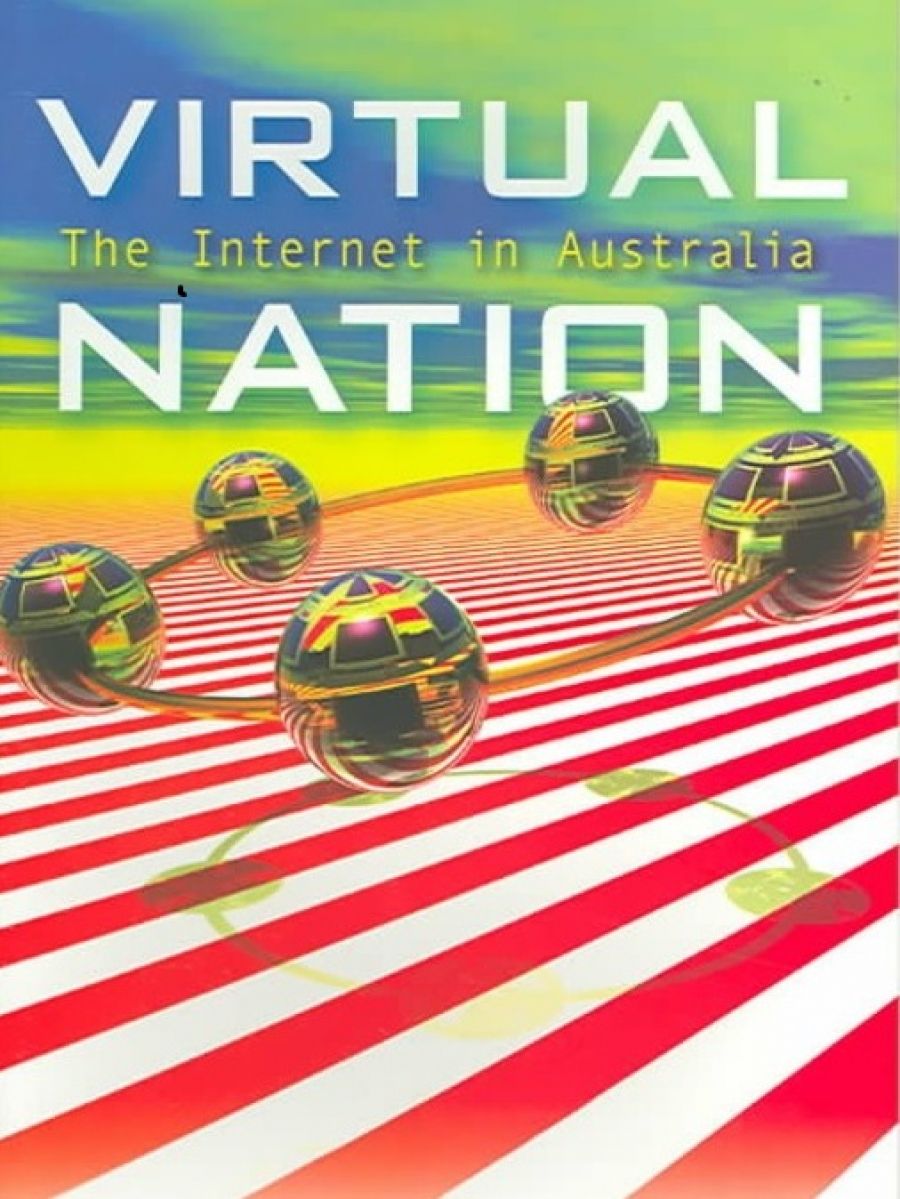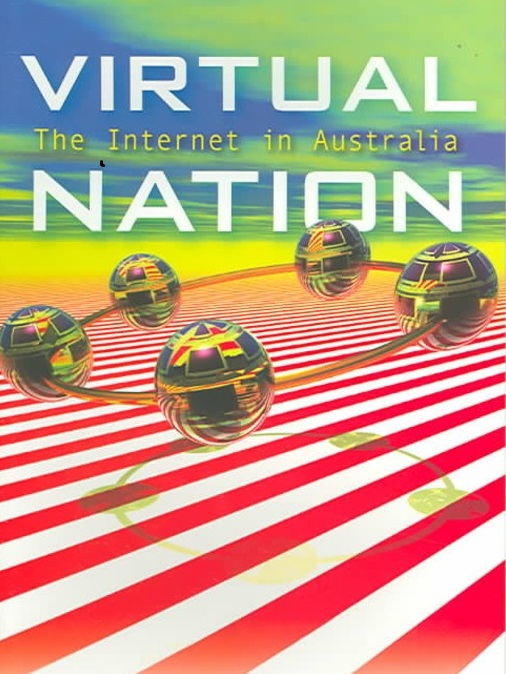Dennis Altman
This was a year of political books, symbolised by Thomas Keneally’s The Tyrant’s Novel (Doubleday), an allegory about the individual writer living under a brutal dictatorship, based upon Saddam’s Iraq, and framed by Australia’s treatment of refugees fleeing the very regimes against which we went to war. My own colleagues contributed two important books to Australian political debate: Robert Manne and David Corlett’s Quarterly Essay, Sending Them Home: Refugees and the New Politics of Indifference (Black Inc.); and Judith Brett’s Australian Liberals and the Moral Middle Class (CUP). Brett knows the importance of understanding those with whom we disagree, rather than just condemning them. From overseas, Colm Tóibin’s The Master (Picador) and Jasper Fforde’s new fantasy, Something Rotten (Hodder), did it, as they say, for me.
Neal Blewett
Perhaps it is the bleakness of the contemporary world, but history has dominated my reading. Two beautifully crafted and imaginative reconstructions of times and places, centuries and continents apart, have been the most memorable books I have read this year. They were Inga Clendinnen’s Dancing with Strangers (Text), an empathetic and moving retelling of the encounter of two civilisations on the shores of Port Jackson at the end of the eighteenth century; and Lauro Martines’s April Blood (Jonathan Cape), which captures Florence of the high Renaissance and its capo, Lorenzo the Magnificent, and the bloody retribution he exacted for the murder of his brother, Giuliano, in the cathedral of Florence on a Sunday morning in April 1478. But the present is inescapable. The 9/11 Commission Report: Final Report of the National Commission on Terrorist Attacks upon the United States (W.W. Norton & Co.) provides the most compelling narrative of any governmental commission in my lifetime.
Alison Broinowski
Tony Kevin’s A Certain Maritime Incident: The Sinking of SIEV X (Scribe) and Ian Buruma and Avishai Margalit’s Occidentalism: The West in the Eyes of Its Enemies (Penguin). It was a rare excitement, having waited for these two books, to find them so rewarding. Buruma and Margalit combine their knowledge of several cultures, and particularly religions, to explain the enmity of much of the world towards the US and its friends. Australia’s treatment of refugees and asylum seekers also invites the world’s hostility – especially the government’s dodgy behaviour, minutely investigated by Tony Kevin, during the SIEV X disaster. Ignorance and intolerance make for closed minds and closed societies everywhere, Occidentalism argues, and A Certain Maritime Incident shows that’s true of Australians.
Martin Duwell
Robert Adamson’s portrait of himself as a young man, Inside Out: An Autobiography (Text), is simultaneously luminous, sophisticated and problematic. It is full of lurid material about an early life spent in prisons and, later, in poetry. Then there are Peter Boyle’s The Museum of Space (UQP) and Judith Beveridge’s Wolf Notes (Giramondo). These are works of major poets in mid-career, each sounding completely distinctive but having points of connection in that both deal with the issue of the infinite expandability of consciousness and the minute experiences of life that anchor it. The centrepiece of Beveridge’s book is a daring inner biography of the life of the Buddha between leaving public life and enlightenment – brilliantly done.
Morag Fraser
Graeme Davison’s Car Wars: How the car won our hearts and conquered our cities (Allen & Unwin): you don’t have to be in thrall to the automobile to be enticed by Davison’s enthusiasm for his father’s ‘brand new [1950s] Chevrolet utility with the cream duco and wide chromium grille’. It is a canny historian’s hook, and Davison uses it to catch and keep the reader throughout this close-focused and subtle social history. The particular landscape is Melbourne, but the story is universal. Much heralded in Scotland, James Robertson is little known in Australia. The Fanatic (Fourth Estate) is an historical novel that illuminates present ills (fundamentalism, colonial rapacity, racial and ethnic conflict) by reanimating sources in the past. No romance, no costume flummery. Robertson, like his compatriot Ian Rankin, can stare human complexity in the face and sometimes see unexpected grace.
Kerryn Goldsworthy
The five stories in A.S. Byatt’s Little Black Book of Stories (Chatto & Windus) about the human (and the inhuman) body encompass almost everything that the poetic and profoundly intellectual Byatt has ever been about, from the wartime monster in the forest, through the gruesome sculpture of Kali the Destroyer, to the woman who turns into stone – opal, carnelian, peridot and pearl all coming back to the questions her work has always asked: what is art? How do we know? Colm Tóibin asks the same questions in The Master (Picador). This fictional version of the life of Henry James could easily have been awful but is, instead, a breathtaking mix of emotional intelligence and precision engineering. Stephanie Alexander knows what art is; her revised and expanded edition of The Cook’s Companion (Lantern) is a third bigger again than the classic original and has, along with many other enticements, expanded chapters on cheese and chocolate. If you have never made Stephanie’s rabbit pie, you must do so before you die. And if you think $125 is a lot to pay for a cookbook, ask yourself how much it costs to go out for dinner.
Lisa Gorton
Robert Adamson’s Inside Out: An Autobiography (Text) combines his lyrical sense of the world with his ruthless pursuit of his own ends. His recklessness gives this autobiography the quality of suspense, as the reader waits for consequences to close in. It has car chases and prison stories to satisfy the armchair anarchist, but it stands out for Adamson’s descriptions of Sydney in the 1950s. Giramondo published two strong poetry collections: Anthony Lawrence’s The Sleep of the Learning Man and Judith Beveridge’s Wolf Notes, which imagines Siddhartha’s wanderings in India. It describes villages, strange moons and characters with a clarity and calm force that might have appealed to Judith Wright.
Bridget Griffen–Foley
Peter Conrad’s astute and elegant Orson Welles: The Stories of Hus Life (Faber) and Graeme Davison’s crisp and insightful social history, Car Wars (Allen & Unwin), gravitated to the top of my bedside table. But, in a year featuring sensational stories about commercial radio presenters, my favourite book was a yellowing, if not quite a classic, novel. Picked up for ninety–five cents, Edwin O’Connor’s The Oracle (Max Reinhardt, 1952) cleverly satirises the life of a New York radio ‘news commentator’, the forerunner of our talk-back hosts. The aptly named Christopher Usher pontificates on international affairs, advocates smaller government and finishes his broadcasts with heartwarming domestic items and nostalgic footnotes. On one occasion, pink and hairy, he communes with his public in the nude. John, Alan and Derryn, there’s always next year.
Gideon Haigh
In recent years, the most riveting history books have been produced by researchers toiling in Soviet archives, revealing the extent of Stalinism’s iniquities. Outstanding in 2004 were Stalin and His Hangmen by Donald Rayfield (Penguin); Stalin’s Last Crime: The Doctor’s Plot, by Jonathan Brent and Vladimir P. Naumov (John Murray); and Simon Sebag Montefiore’s Stalin: The Court of the Red Tsar (Knopf). I also enjoyed The Man Who Tried to Buy the World by Jo Johnson and Martine Orange (Penguin), a cracking tale of the vainglorious French media magnate manqué Jean-Marie Messier. Among Australian books, I reread Mending the Mind (Sun Books), John Cade’s brief history of psychiatry, and marvelled again at its simple, unostentatious elegance.
Sonya Hartnett
In Fiona the Pig (Penguin), Leigh Hobbs proves yet again that the best artists have the whole world in their hands. This is a story about the love and acceptance that can be found within a family, and Hobbs’s wiry text and hysterical illustrations are woven around a softly charming message. The gulf of unknowability between parents and children is likewise a feature of Malcolm Knox’s A Private Man (Vintage), one of the year’s most original novels, exploring as it does two worlds (professional cricket and pornography) rarely visited by literary fiction. This artfully observed family drama feels broader in reach than do most Australian novels; there’s a worldly confidence behind its portrayal of a quietly suburban, private life. Peter Mews’s Bright Planet (Picador) is a blackly entertaining romp through Australia’s history that wasn’t an expedition in search of an inland sea is relentlessly stalked by the Grim Reaper. This fanciful, fantastic novel always kept me awake after turning off the light, wondering what dire things had been teasingly left out.
Clive James
After being fascinated and appalled by the key figure of Helen Gamer’s Joe Cinque’s Consolation: A True Story of Death, Grief and the Law (Picador), it was almost a relief not to meet the young lady in the end. Michael Blakemore’s Arguments with England: A Memoir (Faber) also has a questionable ending. We want to hear more about his career as a successful director on the international stage, although his preparatory years as a jobbing actor in English rep are evoked with a mastery of prose that is unfair on fulltime writers who don’t have beautiful actresses crying on their shoulders. Peter Goldsworthy’s Three Dog Night (Viking) made me question whether Germaine Greer’s recommendation to join the Aborigines in their natural setting would really suit me. Goldsworthy’s hero makes the cultural transition to the point of having his penis converted into a banana split. This whitefella jumped up, but still read on to the end. A pleasure out of the common run was John Baxter’s A Pound of Paper (Doubleday), which establishes itself immediately as the most penetrating examination of the psychology of the rare-book nut.
Sylvia Lawson
These history books ask us to step aside while – radically, invaluably – they chum up the ground beneath our feet. Thank you Ross Gibson for Seven Versions of an Australian Badland (UQP); Mara Moustafine for Secrets and Spies: The Harbin Files (Vintage); Rebe Taylor for Unearthed (Wakefield Press); and Barry Hill for his heroic Broken Song: T.G.H. Strehlow and Aboriginal Possession (Knopf), a great book about a greater one, Songs of Central Australia. It is 800 pages long, and I for one didn’t want it any shorter. And cheers to Jane Goodall for a knockout thriller, The Walker (Hodder Headline).
James Ley
The standout local novel for me was Andrew McGahan’s The White Earth (Allen & Unwin), which (as James Bradley Pointed out in his ABR review in May 2004) makes interesting reading alongside Peter Goldsworthy’s Three Dog Night (Viking) and Alex Miller’s Journey to the Stone Country (Allen & Unwin). Gail Jones’s Sixty Lights (Harvill) was further confirmation that she is one of the country’s most intelligent novelists; while John Harwood’s The Ghost Writer (Vintage) was the eye-catching debut, with Larissa Behrendt’s Home (UQP) a worthy second. Further afield, David Foster Wallace’s new story collection Oblivion (Little, Brown) is his best book since Infinite Jest, Tobias Wolff’s Old School (Bloomsbury) was very likeable; and A.L. Kennedy’s Paradise (Jonathan Cape) is also excellent. Non–fiction honours go to James Wood’s essay collection The Irresponsible Self (Jonathan Cape) and Robert Dessaix’s meditation The Twilight of Love: Travels with Turgenev (Picador) is also well worth a look. But the best book I read this year, the centenary of Bloomsday, was Ulysses, by James Joyce. It’s not bad at all.
Patrick McCaughey
Janine Burke’s The Heart Garden: Sunday Reed and Heide (Knopf) deftly and triumphantly completes her ‘Heide tetralogy’, begun over twenty years ago with her pioneering life of Joy Hester. Even if Burke does not succeed in making the chatelaine of Heide likeable, she does make her explicable. Angus Trumble’s A Brief History of the Smile (Allen & Unwin) combines curious knowledge with sly insight, all written with an insouciance that disguise learning lightly. David Hansen’s John Glover and the Colonial Picturesque (TMAG/Art Exhibitions Australia), so handsomely produced, ranks among the best exhibition catalogues published in Australia, and provides the most comprehensive account to date of Australia’s first major painter.
David McCooey
Judith Beveridge, Wolf Notes (Giramondo): ‘Between the Palace and the Bodhi Tree’, the centrepiece of this extraordinary, prize-winning book, recreates Siddhartha’s years before becoming the Buddha. Profound but never ponderous, Wolf Notes is a brilliant study in balancing lyrical richness with astonishing clarity. J.M. Coetzee, Elizabeth Costello: Eight Lessons (Knopf): Elizabeth Costello’s ambiguous lessons unsettle our ideas about such things as the representation of evil and the treatment of animals. This strange, passionately ironic book demonstrates how we are haunted by others, by ourselves and by the invisible worlds of history and pain. Luke Davies, Totem: Totem Poem plus 40 Love Poems (Allen & Unwin): Totem is an astounding work of love poetry. ‘Totem Poem’, an ecstatic poem of praise, leaves me gasping at what Davies can get away with, and at his originality, wit and ebullience. If Totem doesn’t get people reading poetry again, nothing will.
Brian McFarlane
In a rich year, it is hard to pull out three titles without a sense of reluctantly suppressing strong contenders. I mean, what about the irresistible, deceptively simple oeuvre of Alexander McCall Smith, for instance? However, three books that clamour for inclusion are as follows. J.M. Coetzee’s Elizabeth Costello (Knopf) is a work of formal daring: its eponym is on the celebrity lecture circuit, and Coetzee brilliantly characterises her through her lectures, even when, as her daughter-in-law nastily says, ‘She’s rambling’. Colm Tóibin, in The Master (Picador), takes some of the facts of Henry James’s life, and persuasively imagines the rest in an engrossing bio-novel. And Inga Clendinnen’s Dancing with Strangers (Text) makes us think again about the writing of history, who does it, and the ensuing legacy of their perceptions and omissions.
Brenda Niall
A good year for memoirs, and for the ghosts they bring. Treading in the footsteps of Turgenev, Robert Dessaix looks at place, culture and creativity. Twilight of Love (Picador) is rich in ideas, meditative in tone. Hilary Mantel’s Giving up the Ghost (Fourth Estate) lets loose much justifiable rage at the authority figures of her childhood in the north of England, and their counterparts in the wider world. Ghosting, by Jennie Erdal (Canongate), explores the author’s bizarre relationship with her immensely powerful employer, a semi-literate London newspaper owner who uses her talent to buy himself some literary fame. As his ghost writer, creating two appallingly bad novels to his specifications, she risks her own sense of self. Brilliantly told, this comedy of confused identities comes in Erdal’s own voice. At least, I think it does.
Craig Sherborne
You know that with a Judith Beveridge poem you’ve got a great chance of reading a perfect set of words. It’s always a long time between drinks with Beveridge’s poetry books. Her first, The Domesticity of Giraffes (1987), demonstrated what a deliciously descriptive eye she has. In her latest book. Wolf Notes (Giramondo), this top-shelf Australian poet also demonstrates a flair for oblique narrative. She can even make Eastern mysticism seem not so kitsch when used for the purposes of verse, and that’s saying something. Beveridge has won major awards for this collection – deservedly so. I reread J.M. Coetzee’s Waiting for the Barbarians (Vintage) twice this year; I may even give it a third going over before Christmas. First published in 1980, it has to be the greatest allegory for the ‘war on terror’ available on bookshelves anywhere. Who would have thought anyone could have topped the Cavafy poem that coined the condition all those decades ago? Waiting for the Barbarians syndrome is a scourge of human history – and, I dare say, always will be.
Sebastian Smee
Alan Hollinghurst’s The Line of Beauty (Picador) was the best novel I read this year. Ambitious, hilarious, finely constructed and full of verve, it was a deserving winner of the Booker Prize – in fact, the best Booker Prize – winner since J.M. Coetzee’s Disgrace (Vintage). John Updike’s The Early Stories 1953– 1975 (Knopf) was just as satisfying. These stories show Updike at his exhilarating best – better, even, than in the Rabbit novels. They arc, by turns, boyishly playful and dauntingly grownup. Finally, Jose Saramago’s The Double (Harvill) turned a well–tried literary conceit – the doppelgänger – into a bravura novel of great wit and slowly advancing menace.
John Tranter
As the editor of an Internet magazine (Jacket at http:// jackctmagazine.com), I spend most of my reading time on the Internet, where billions of texts await the unwary idler. Try these: The American Dissident rages against assimilated beatnik and hippy radicals, millionaire senators proclaiming themselves champions of the poor, teachers and professors frozen in pension frigidaires, media whores, and so forth: at www.geocitics.com/enmargc/. For the visually adventurous, Arras: New Media Poetry and Poetics is a clean, informative and stylish site, devoted to exploring how digital technology has enriched the practice of experimental poetics: at www.arras.net., Thank goodness someone’s doing it: The Apostrophe Protection Society (www.apostrophc.fsnei.co.uk/) will tell you how to punctuate a dog’s breakfast and how to spell the plural of CD.
Nicola Walker
Pornography, cricket, sex, love and Sydney – Malcolm Knox’s A Private Man (Vintage) covers all bases with a style that is gripping and apparently effortless. Particularly enjoyable is that he writes about Sydney with insight, wit and not a trace of apology. Helen Gamer sees no reason to apologise, either, for the partial approach of her remarkably instructive book of reportage, Joe Cinque’s Consolation: A True Story of Death, Grief and the Law (Picador). Gamer’s purposeful honesty makes her investigative journalism unassailable. In The Master (Picador), Colm Tóibin pays homage to Henry James with extraordinary delicacy and certainty, a feat that renders me speechless.
Chris Wallace-Crabbe
Having already passed judgement on Australian poetry, for my accumulated sins, I’ll name three works of prose. First will have to come J.M. Coetzee’s Elizabeth Costello (Knopf), in which a remarkable female character develops through ostensible lectures, and most powerfully. Then there is The Curious Incident of the Dog in the Night– Time (Jonathan Cape), by Mark Haddon, a page-turner hovering between detective story, children’s book and delicate study of autism. I must add Anna Funder’s tough Stasiland (Text), in which the author exposes herself to the bitter, varied afterworld of residual East Germany.



